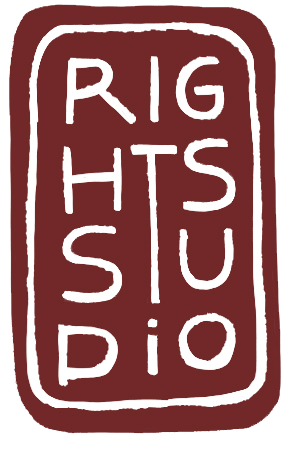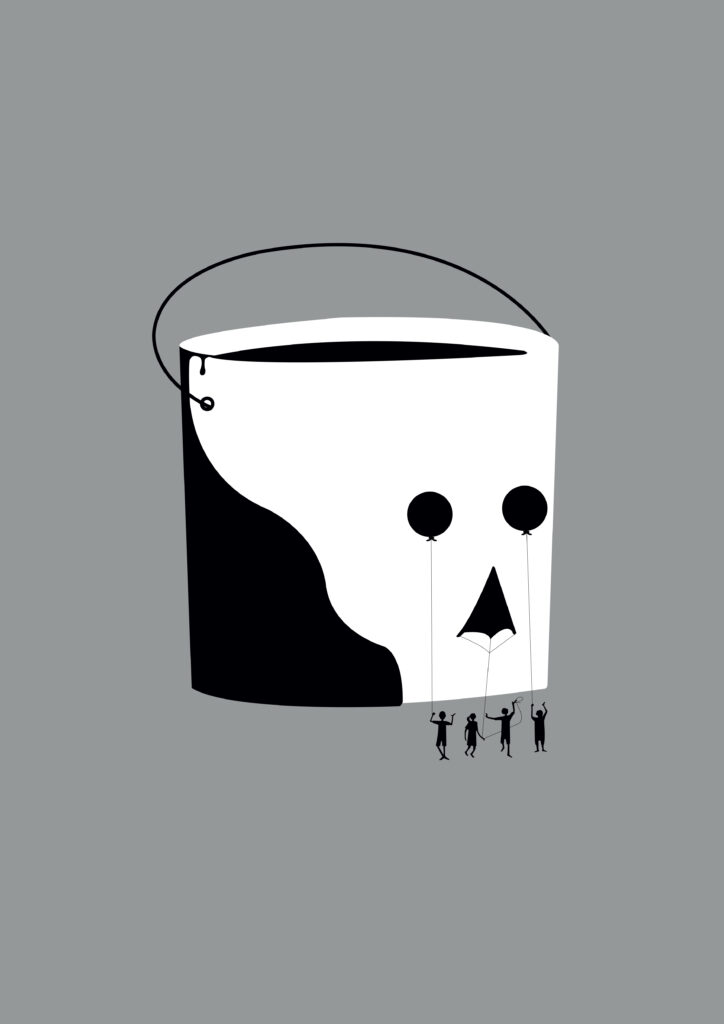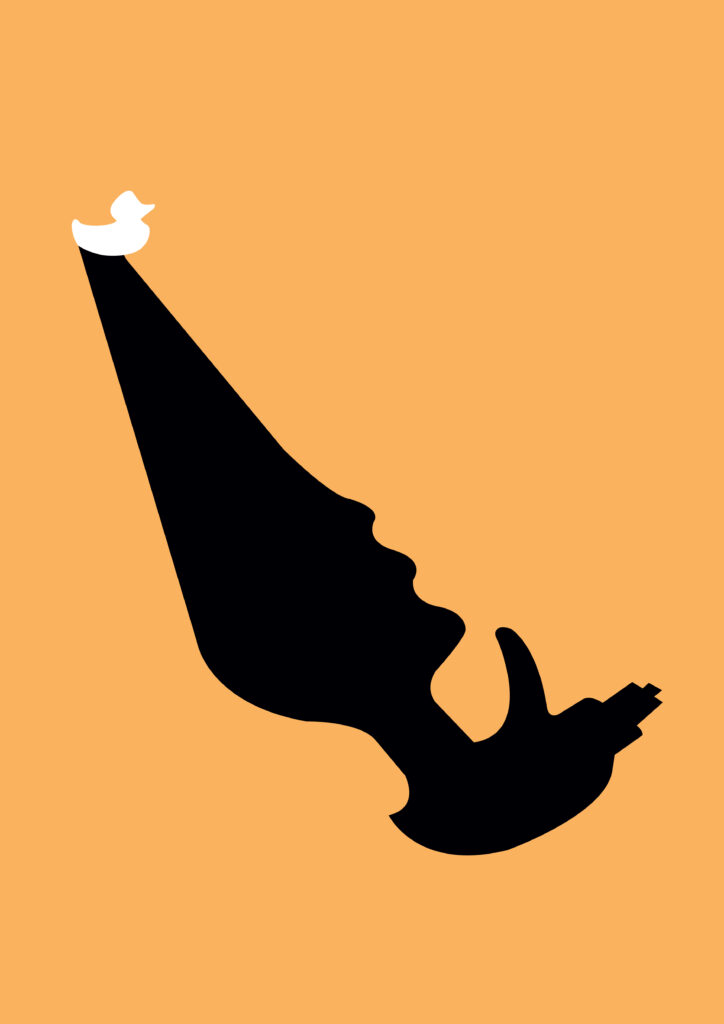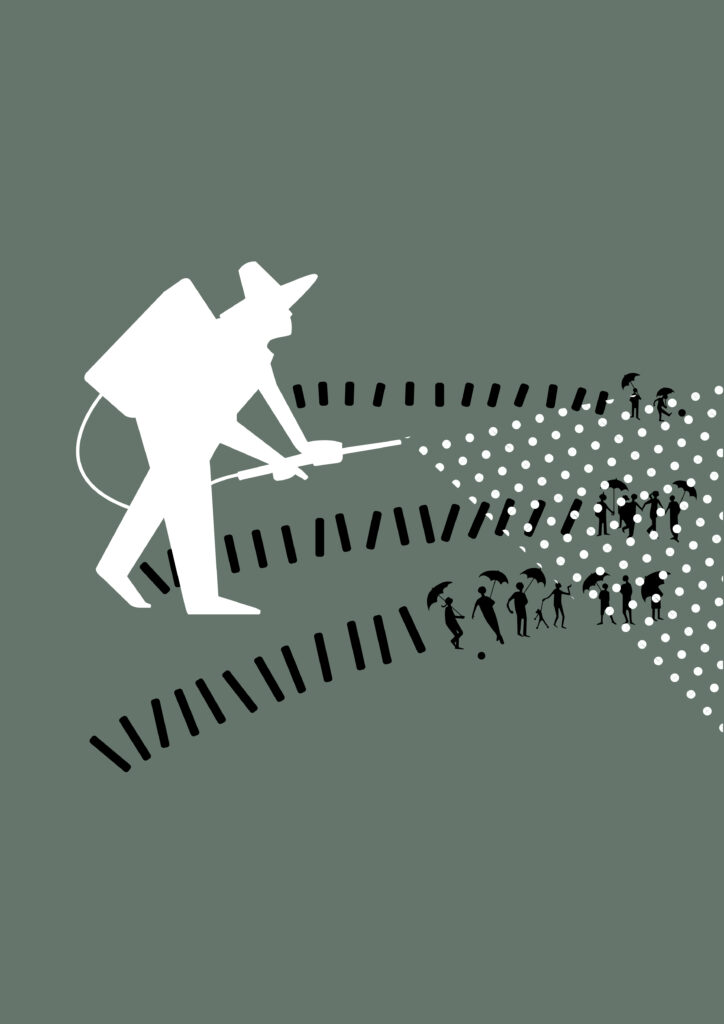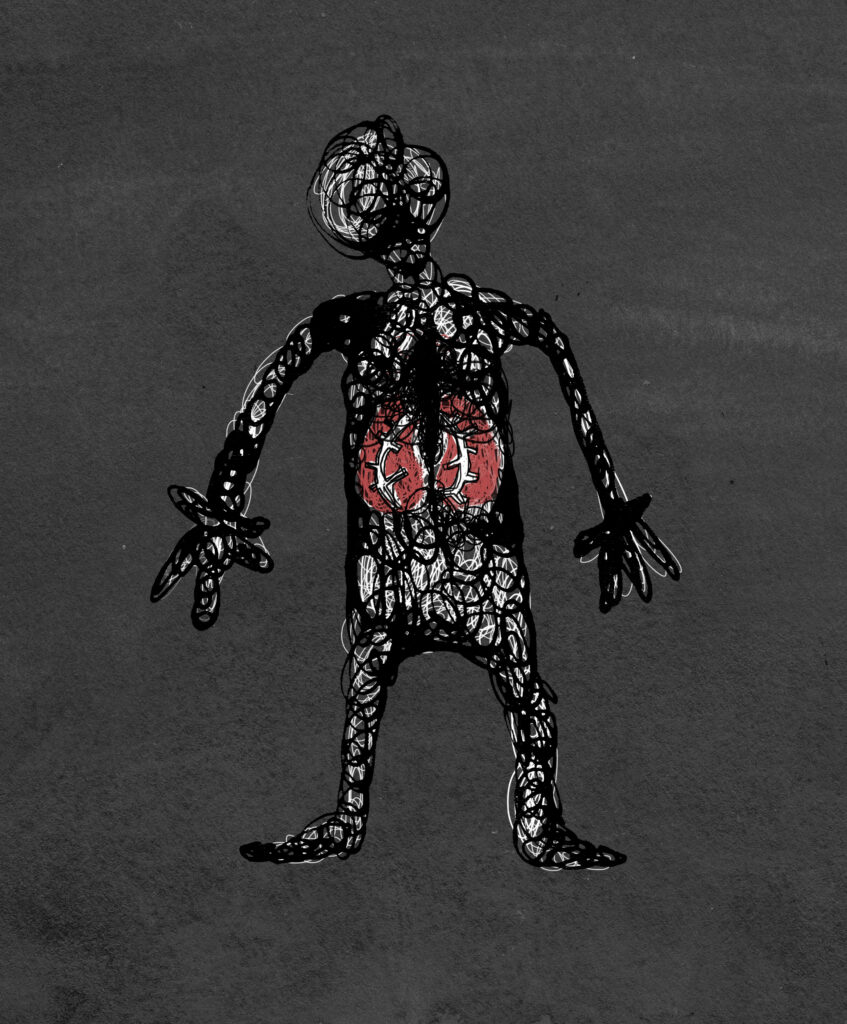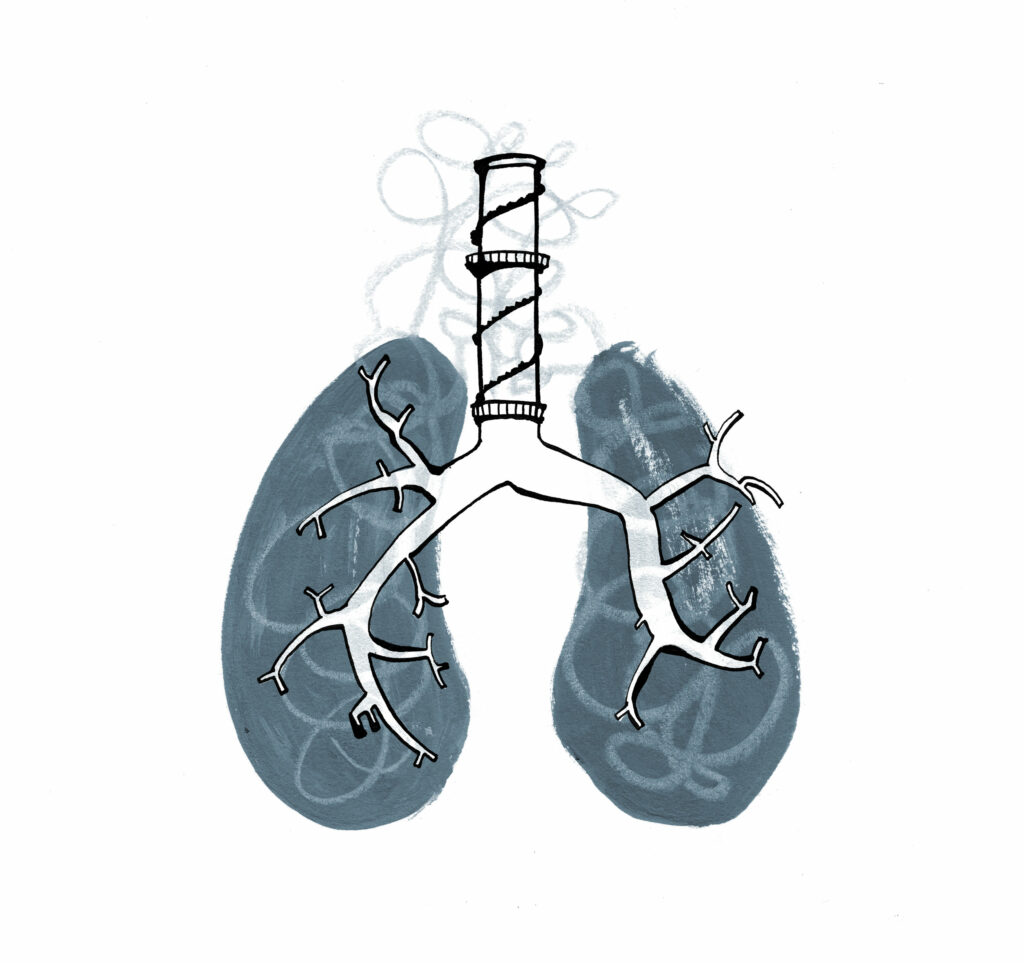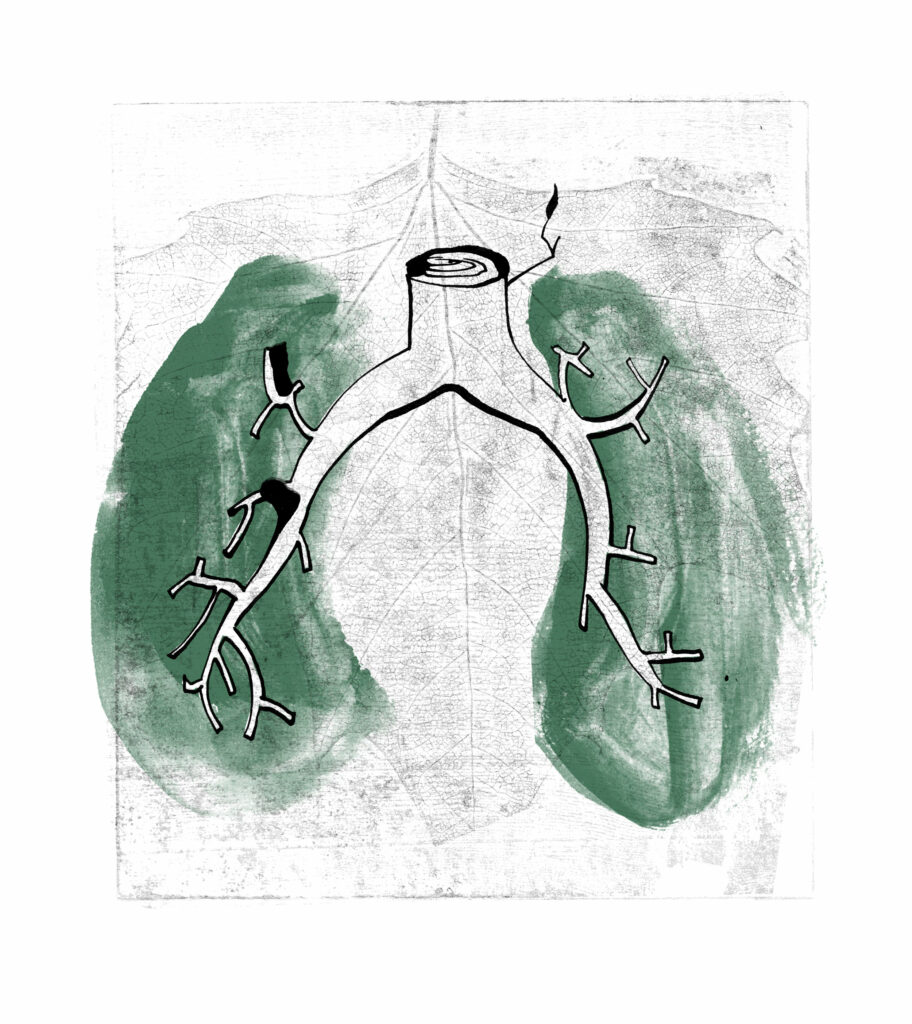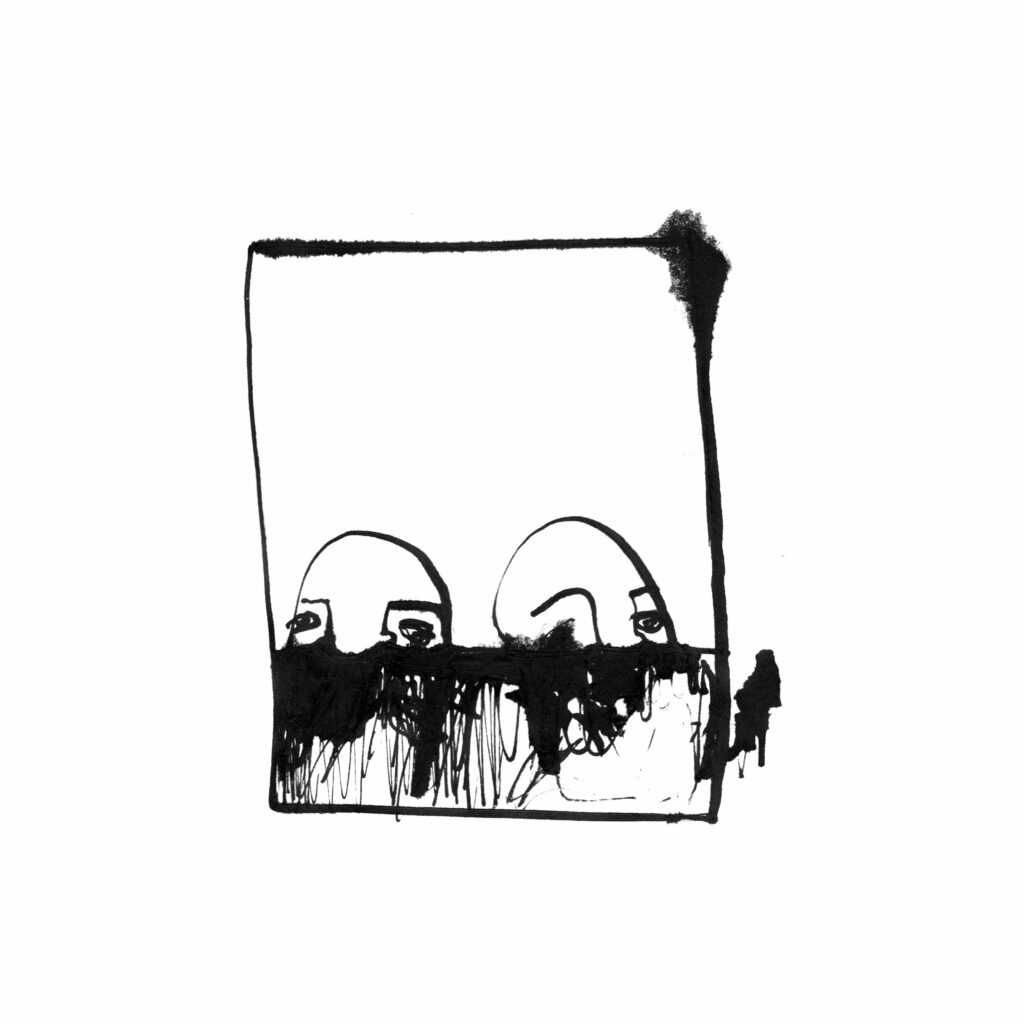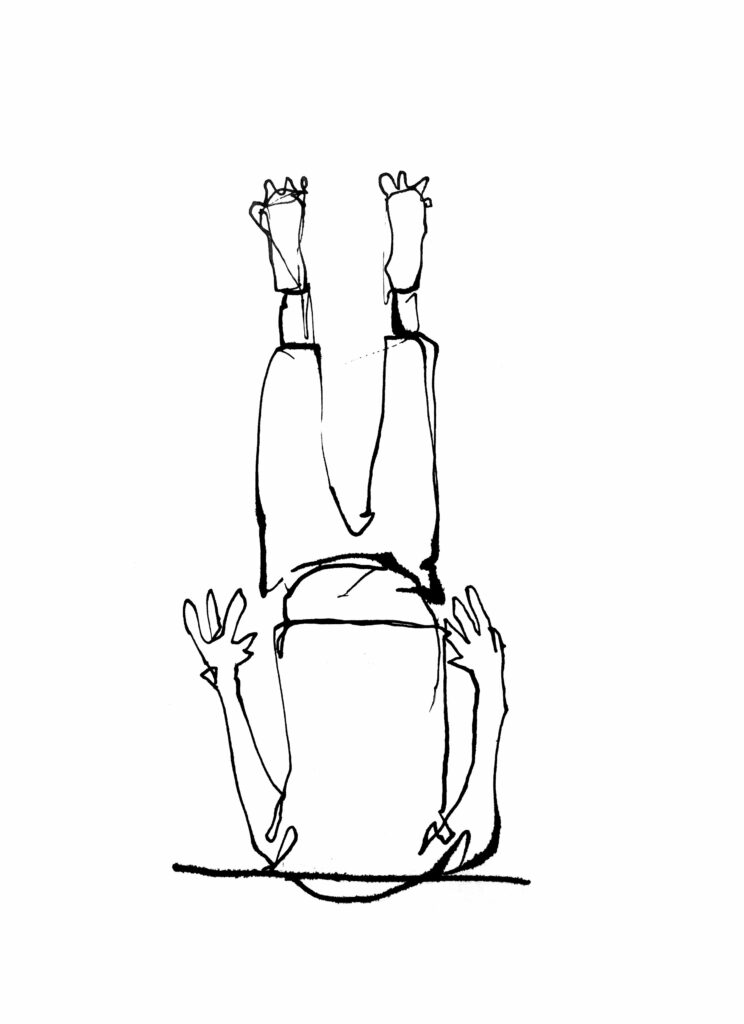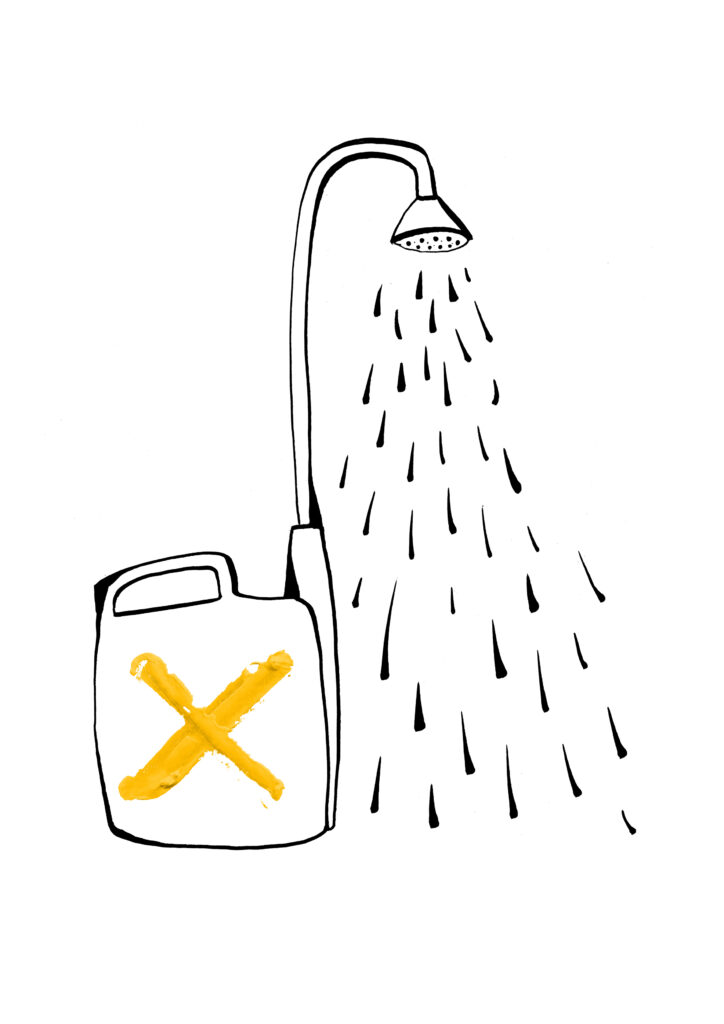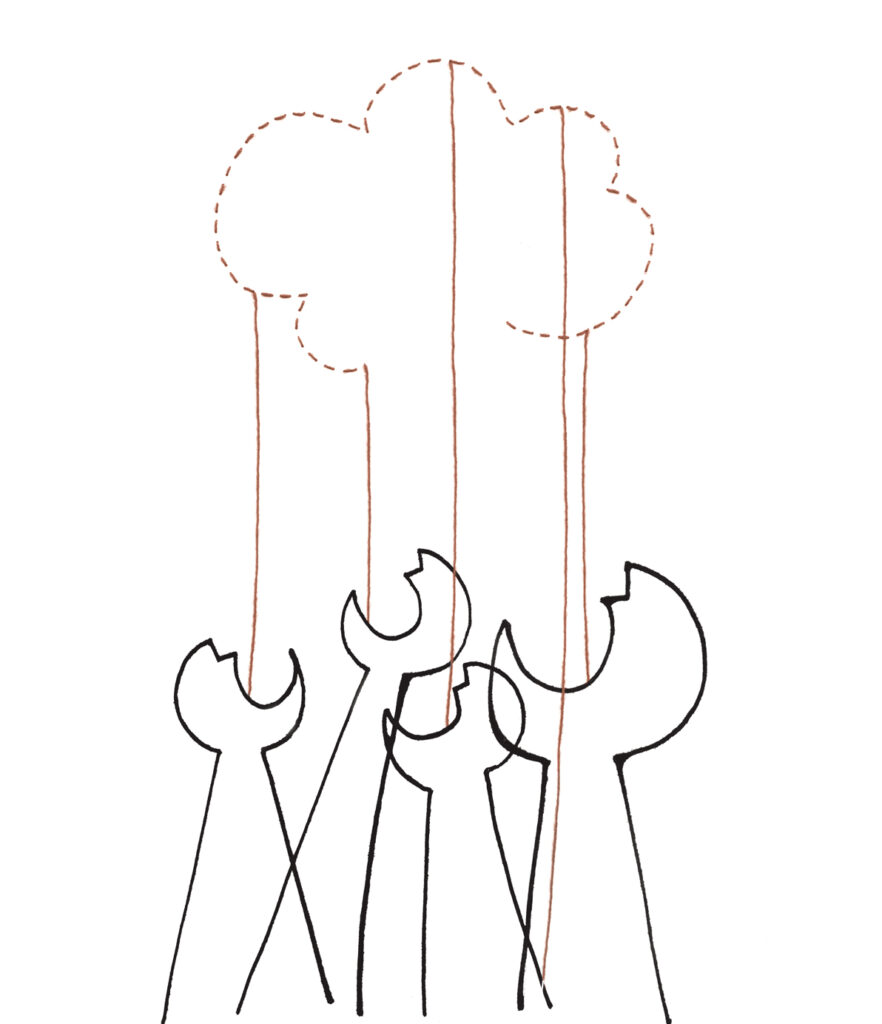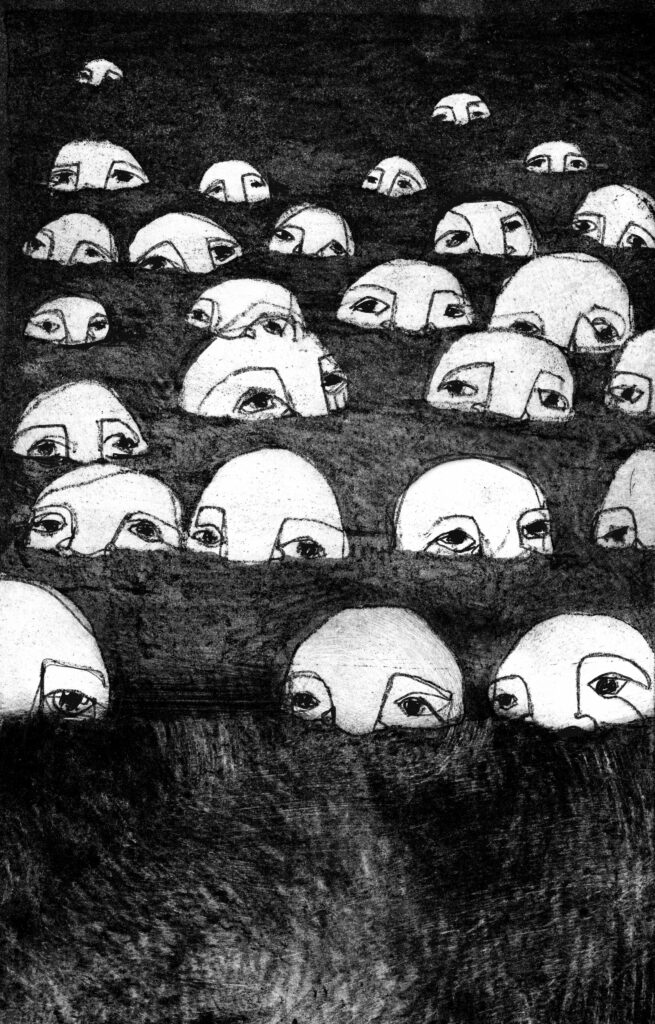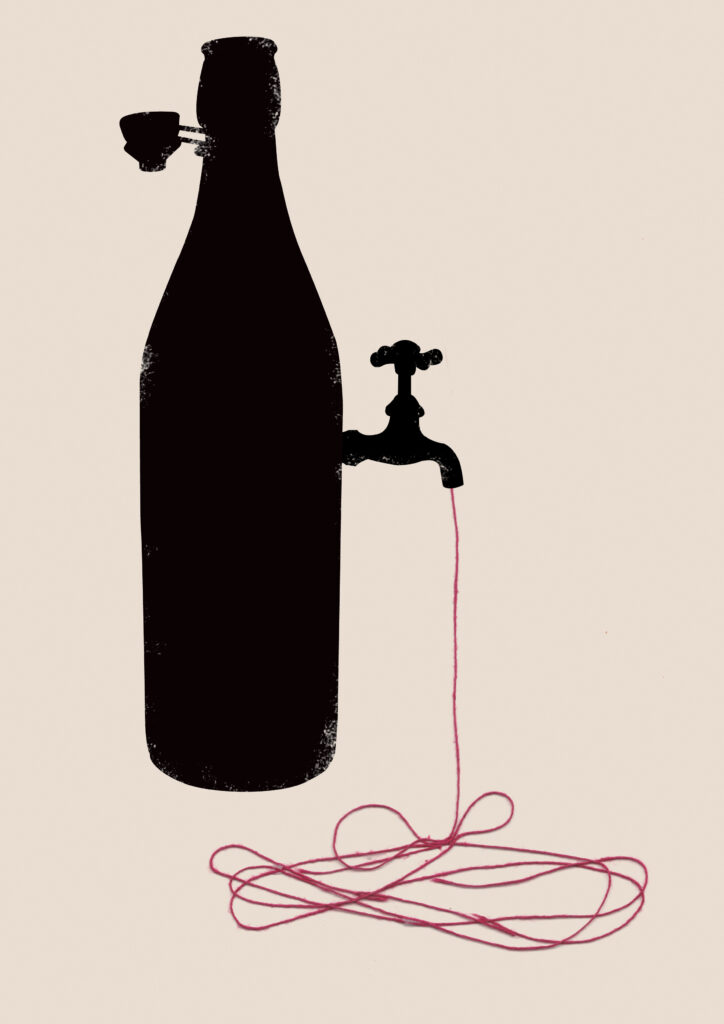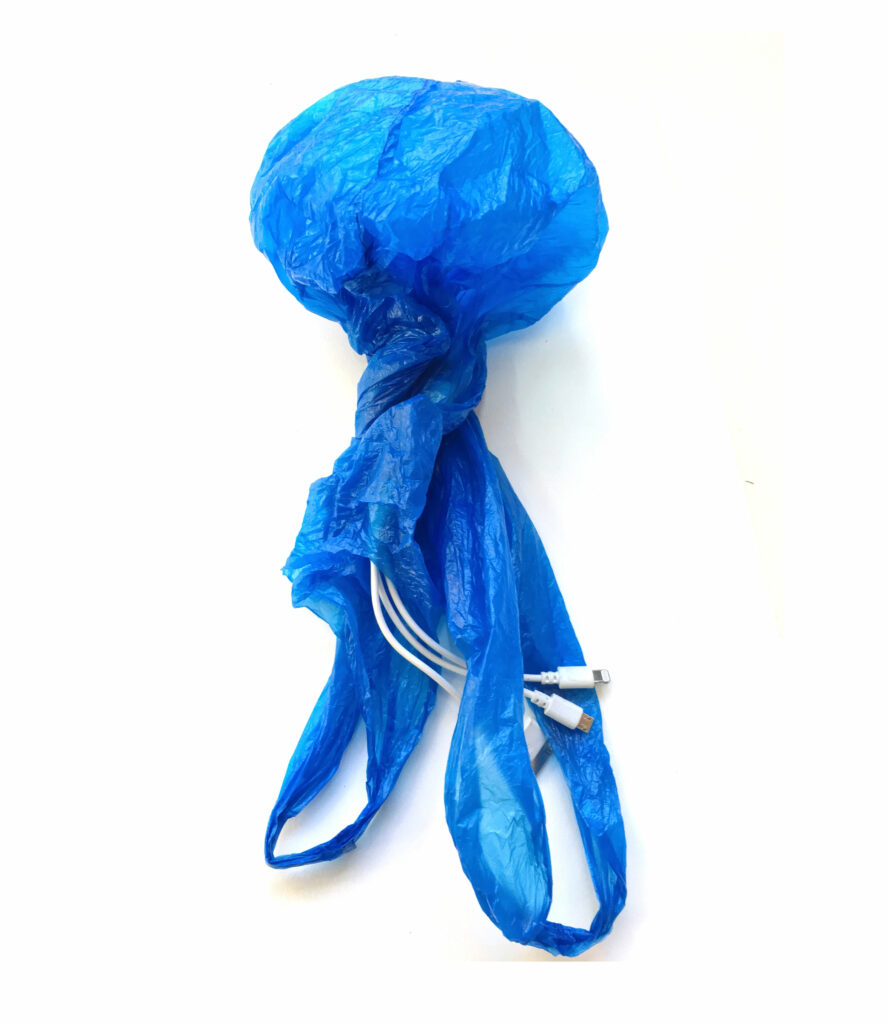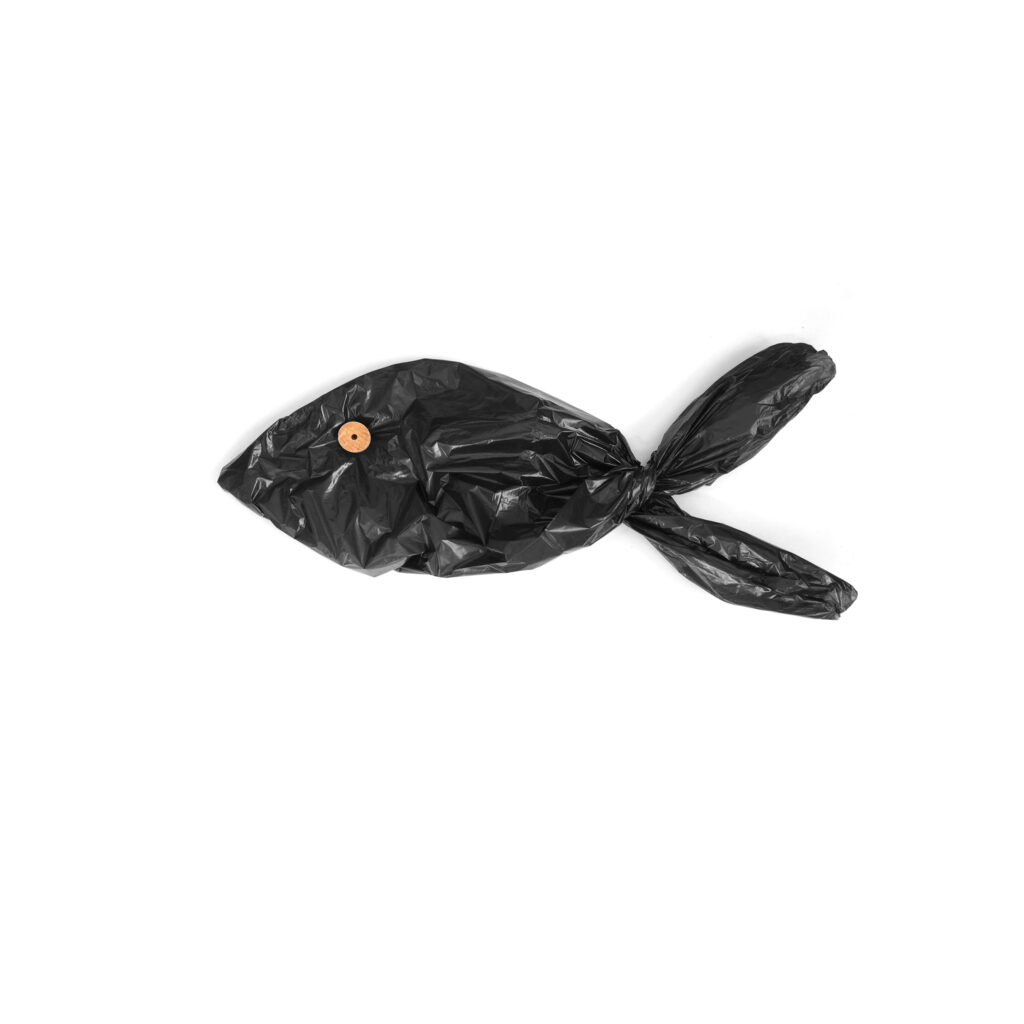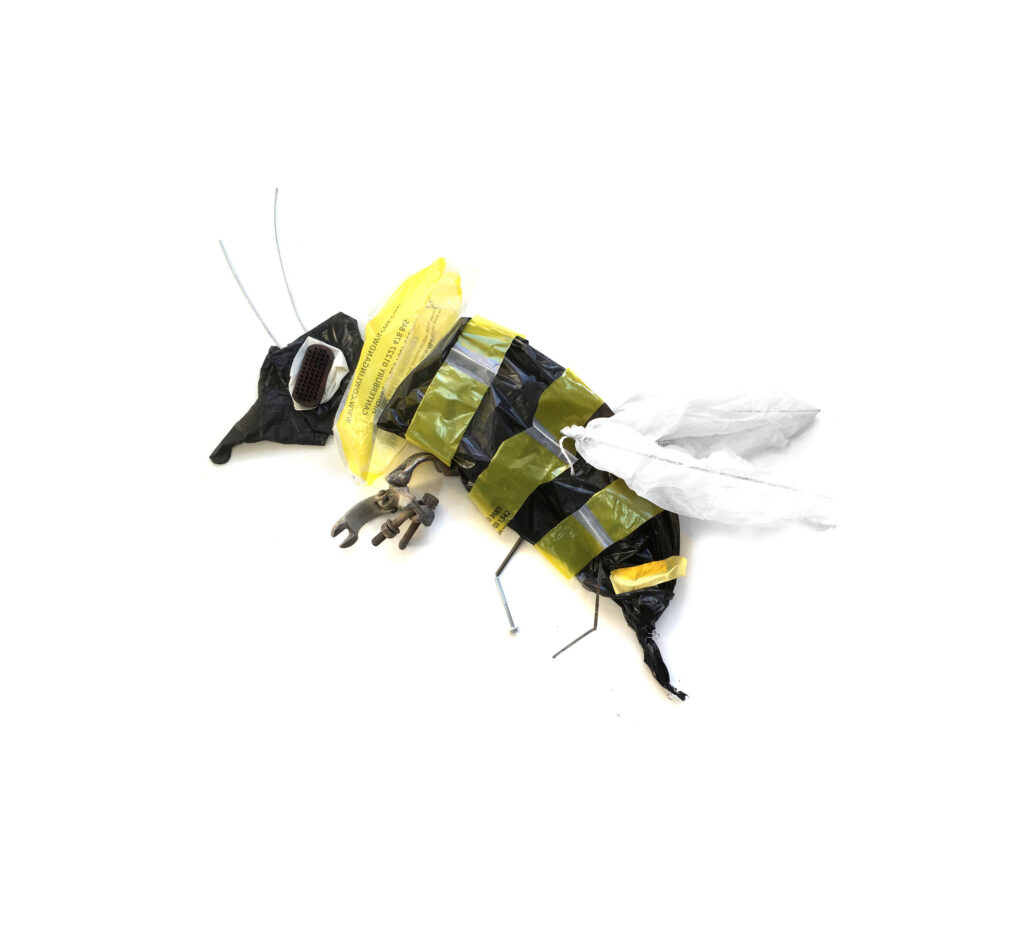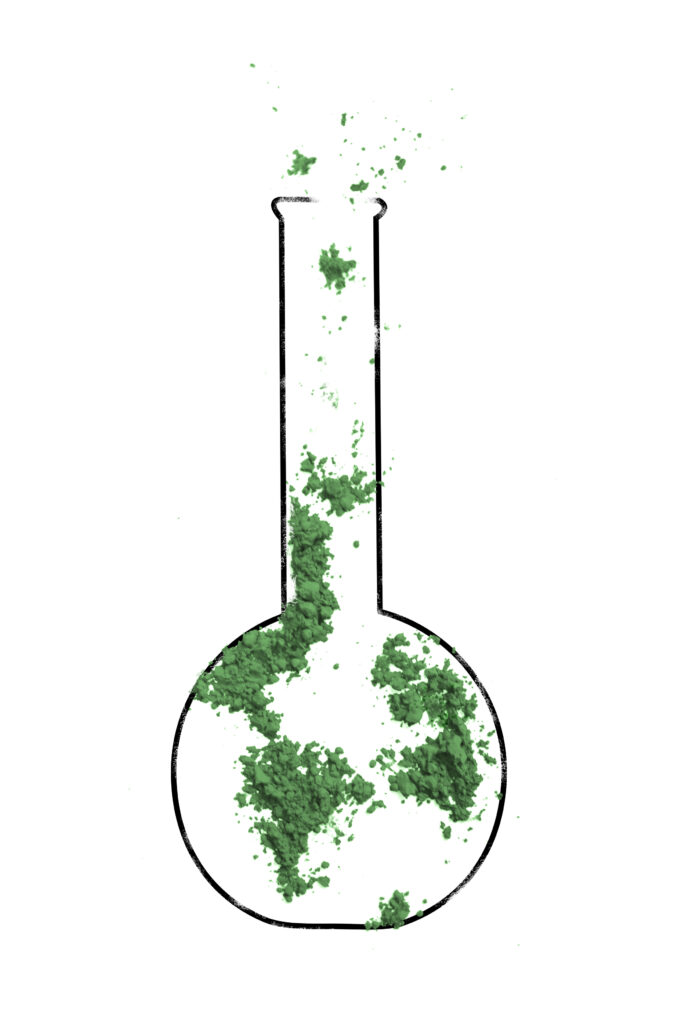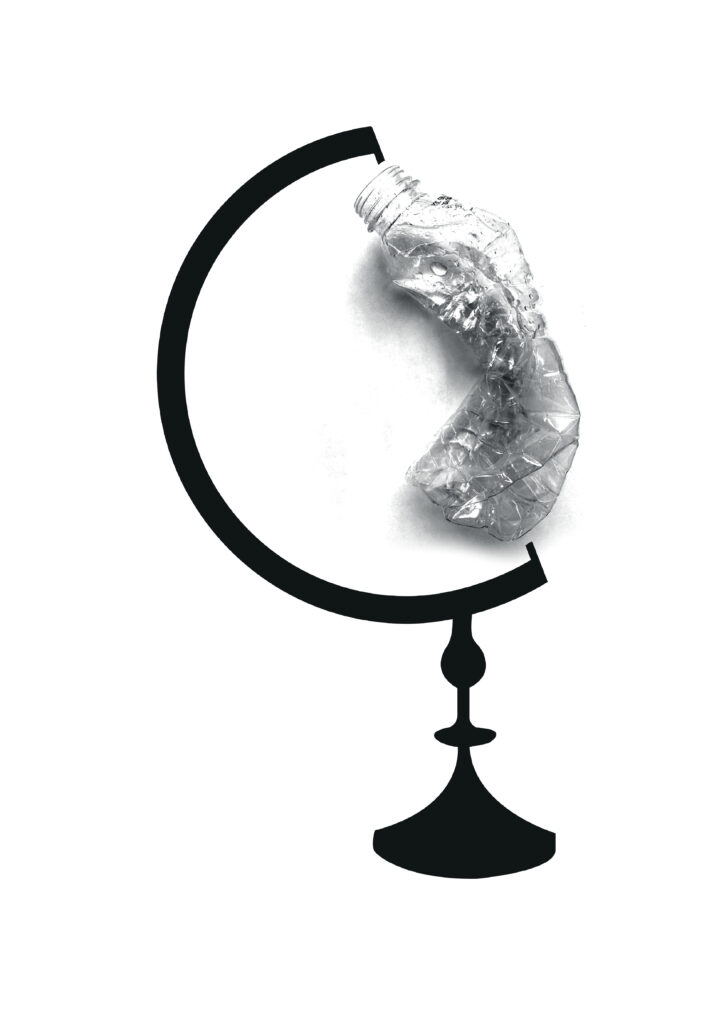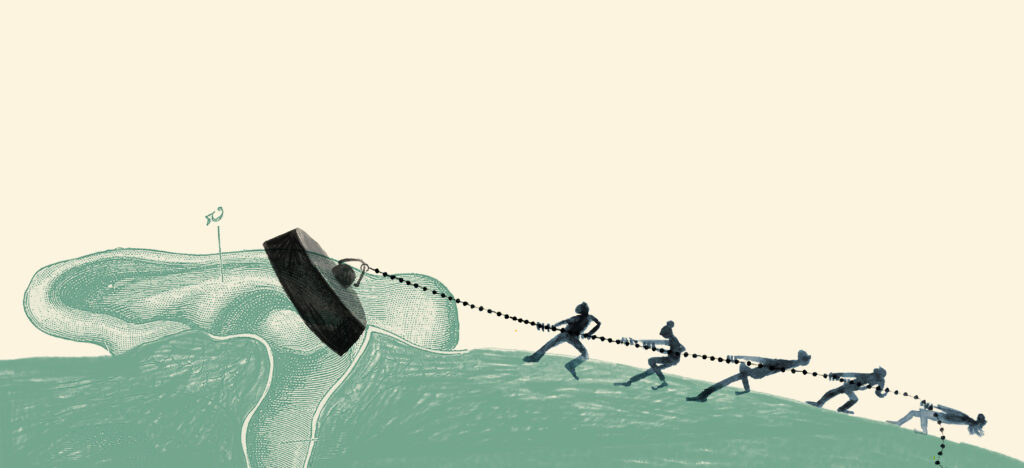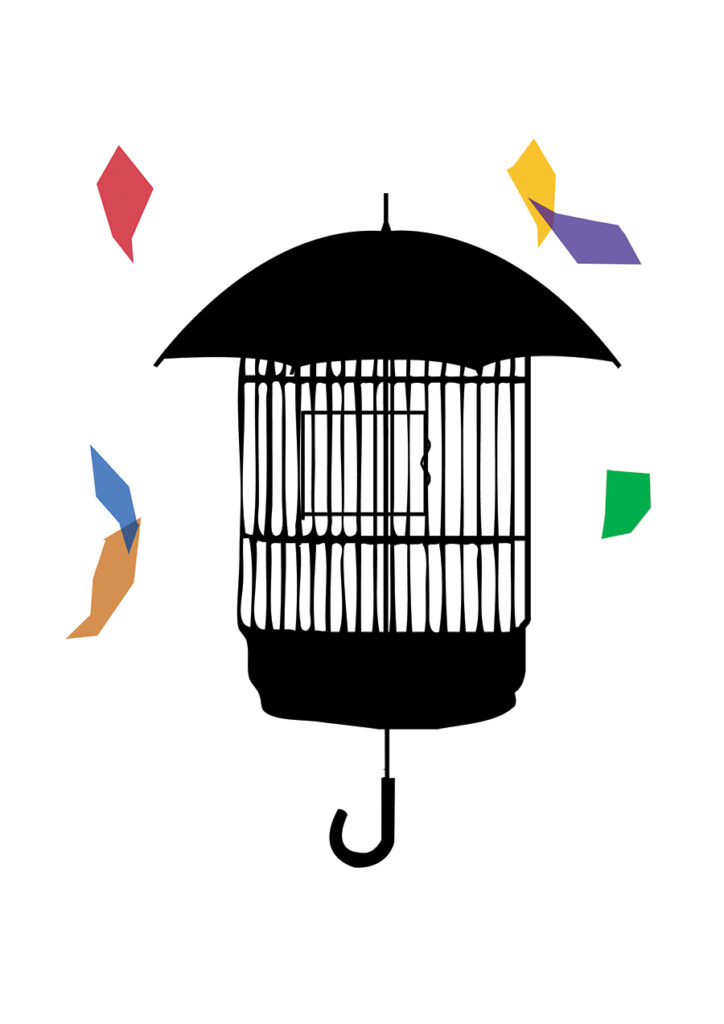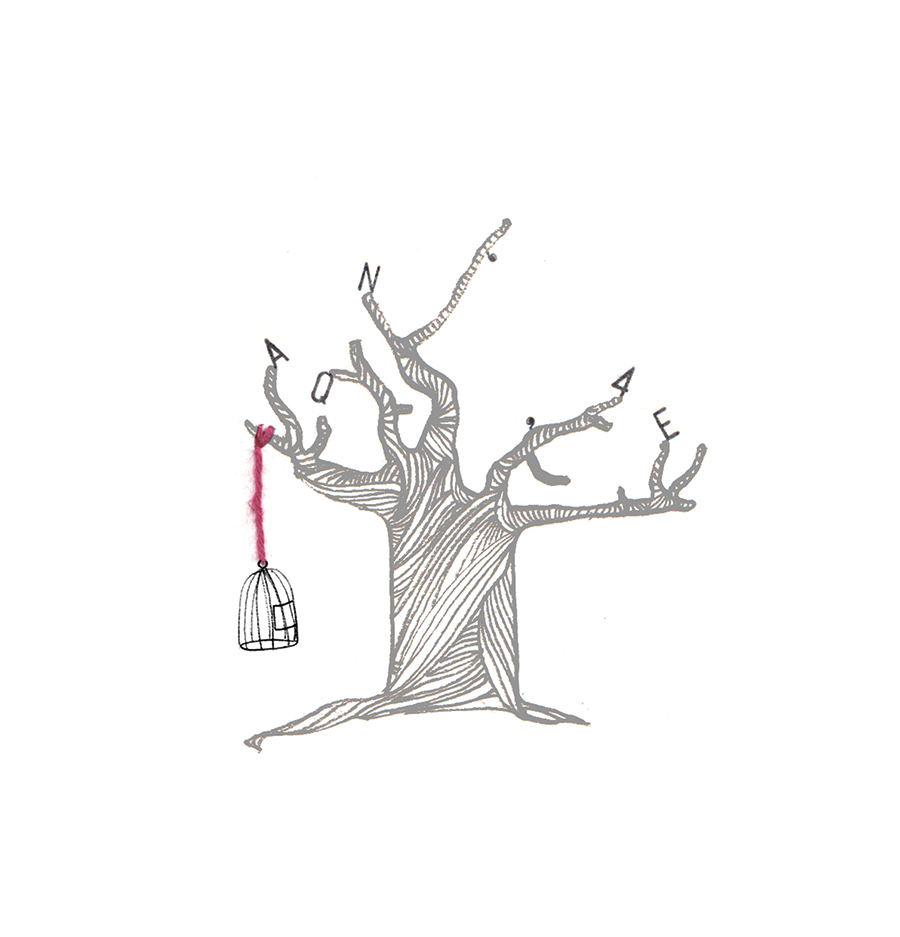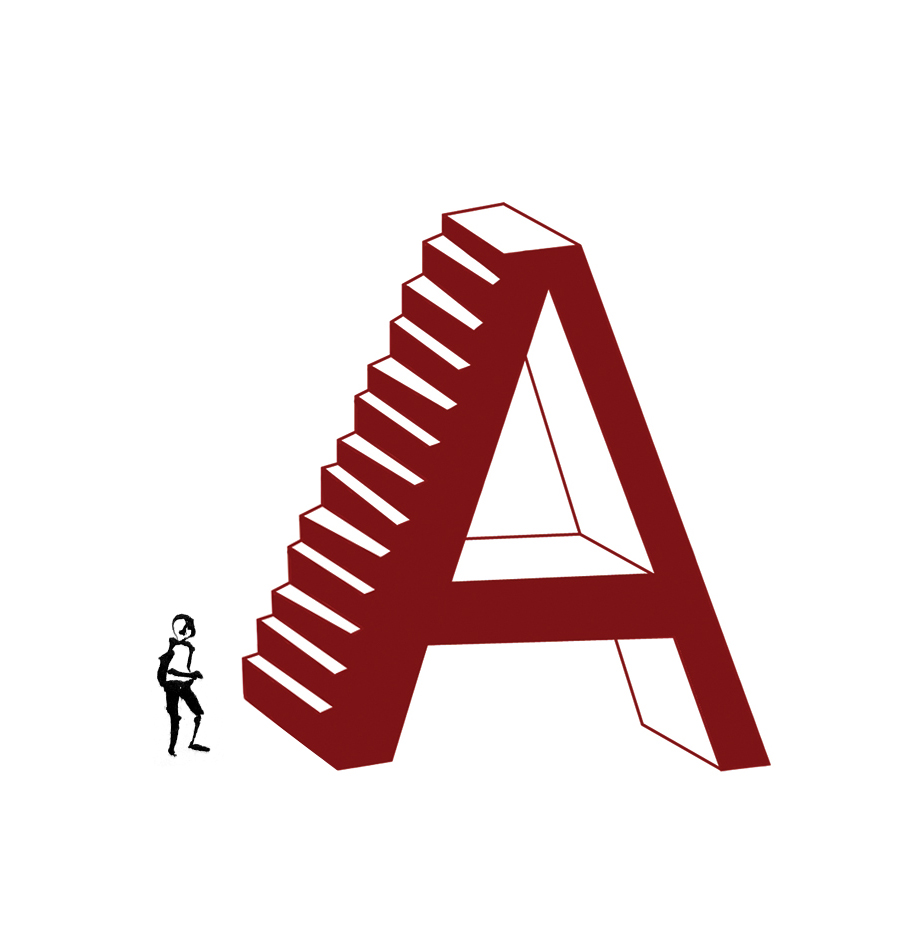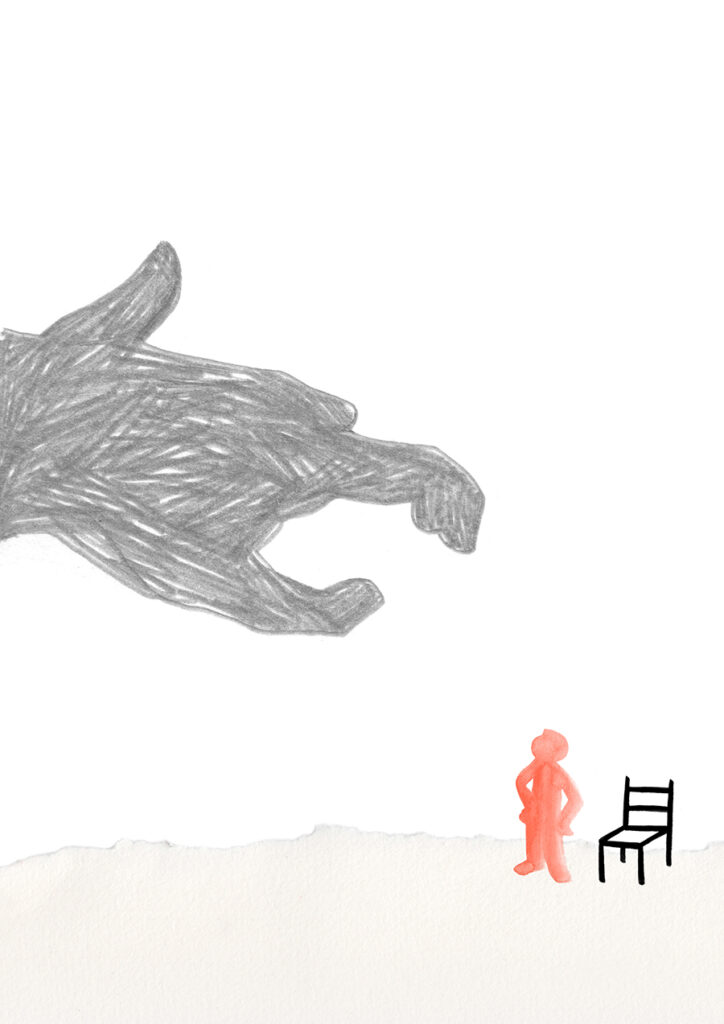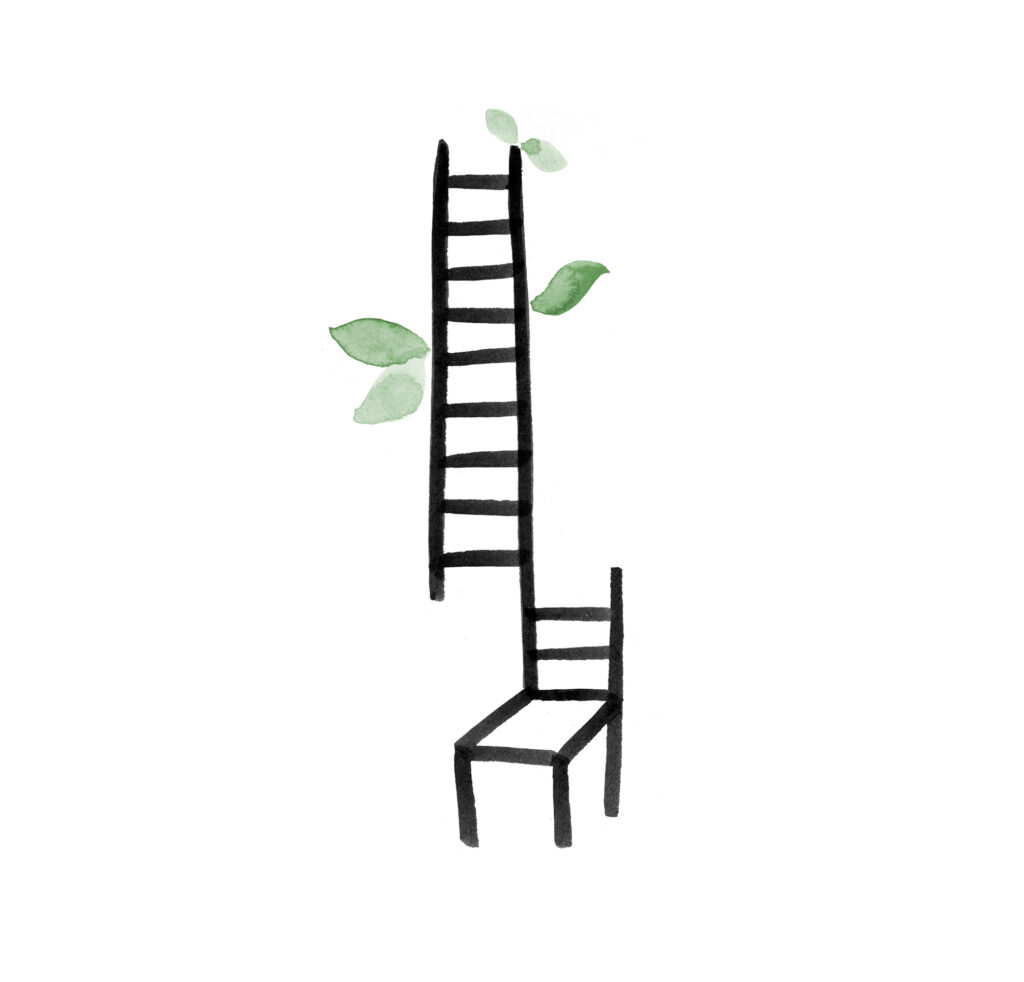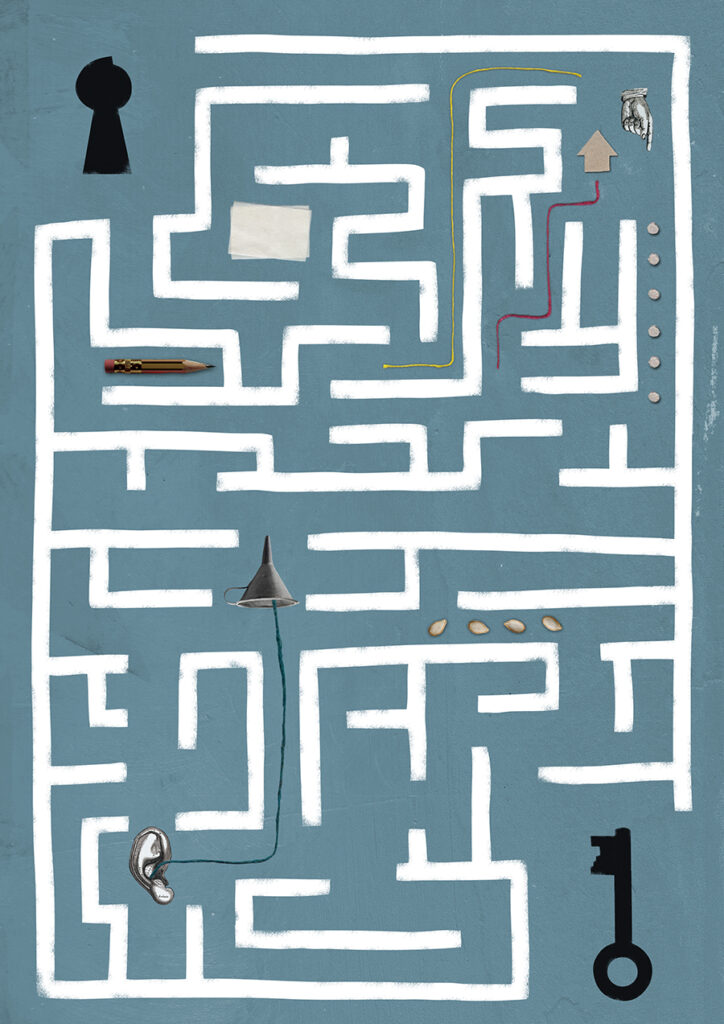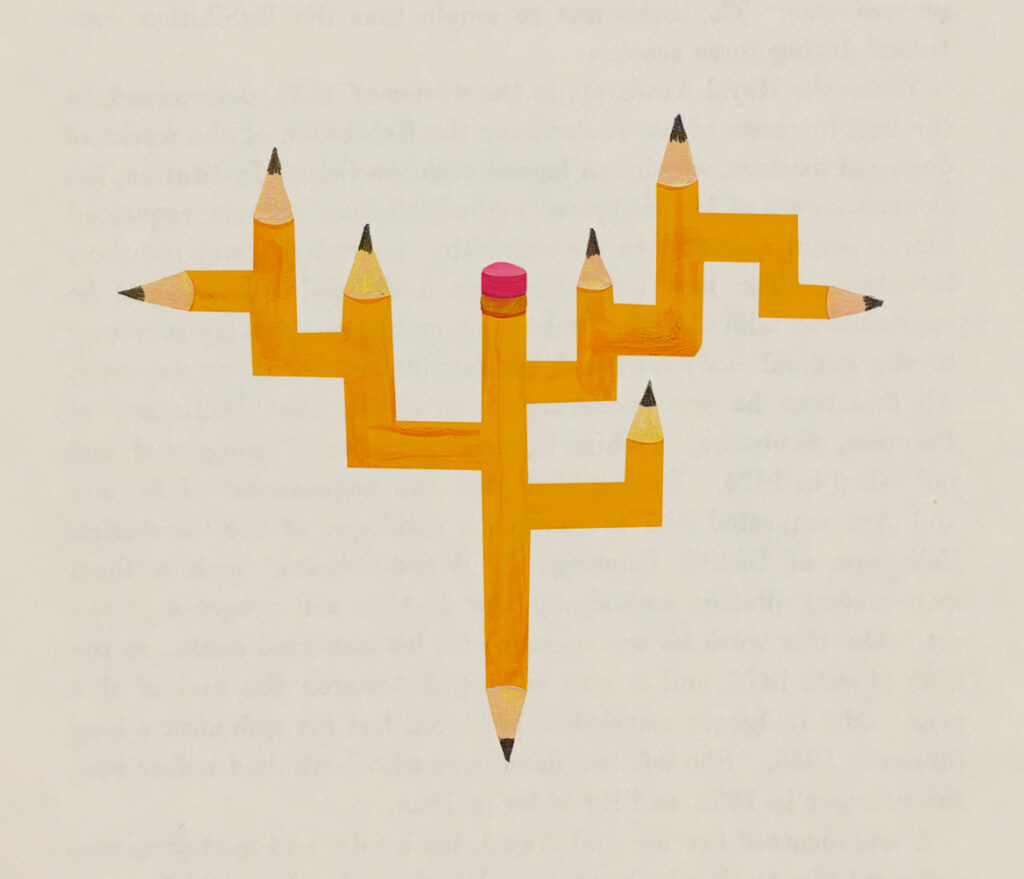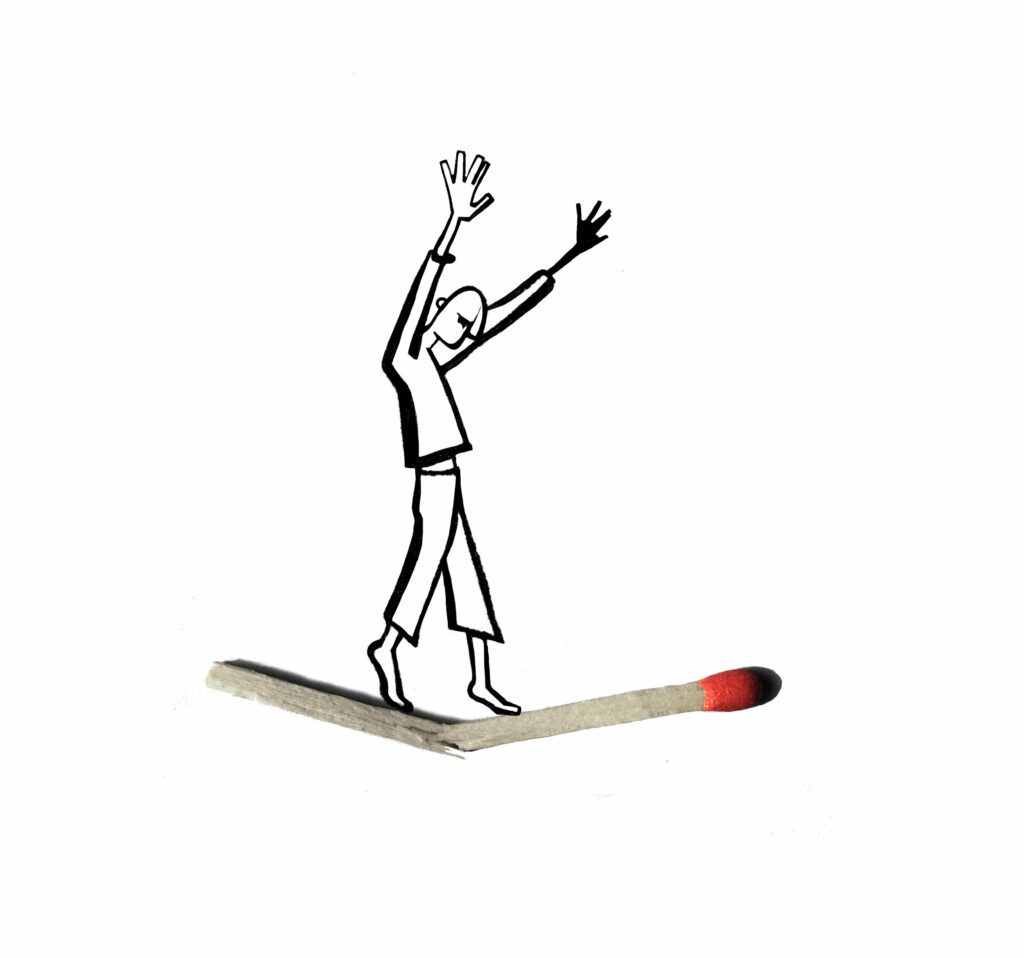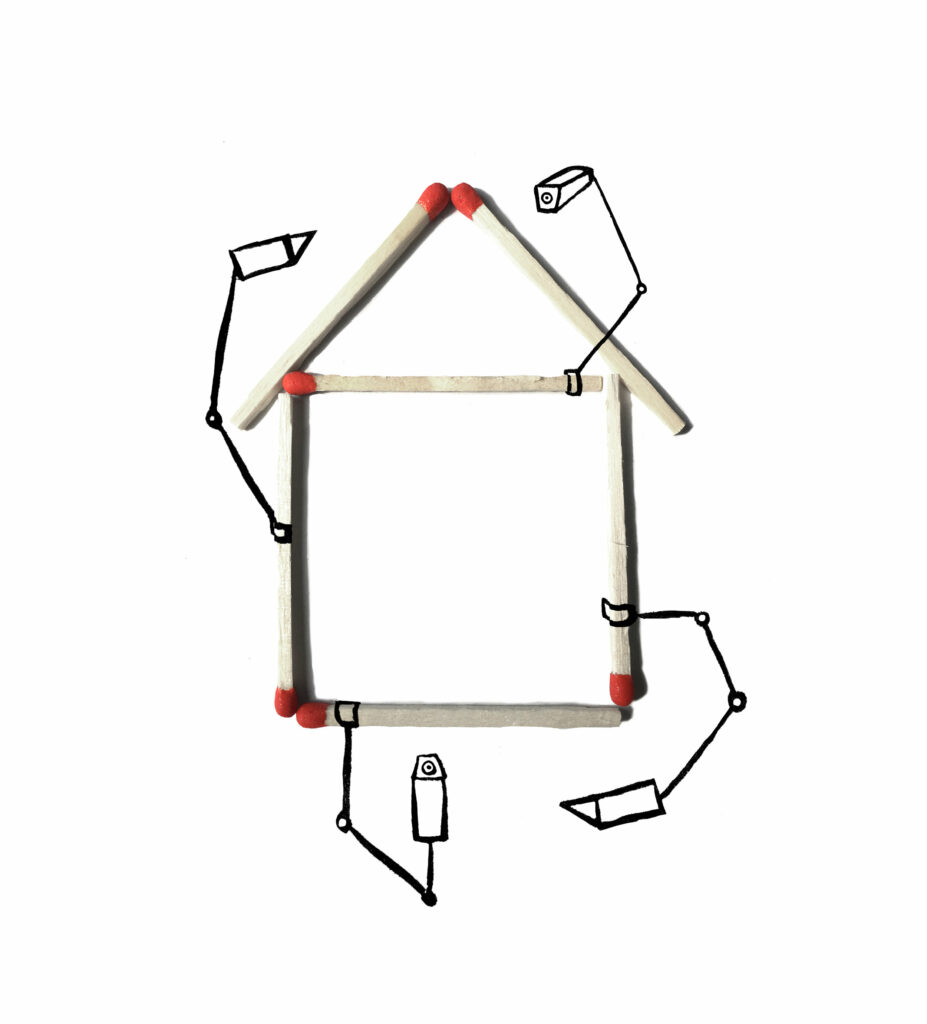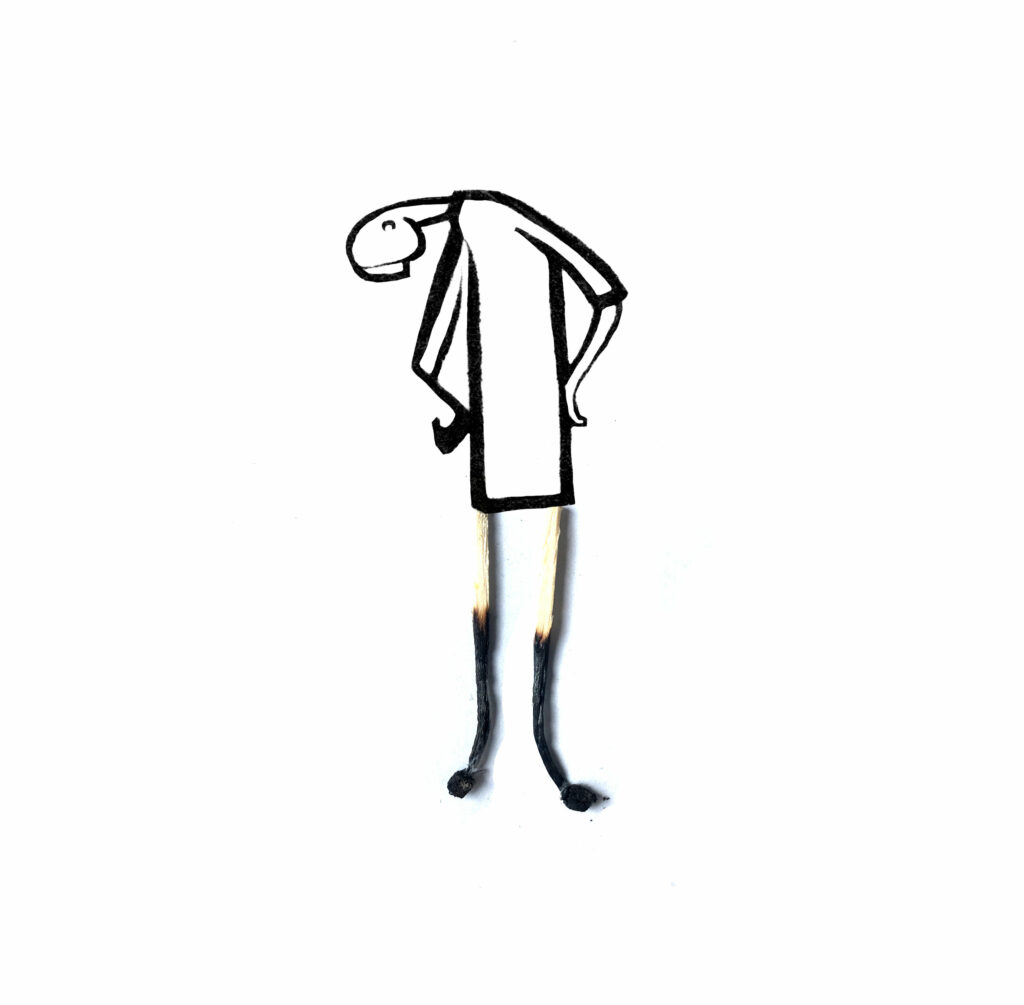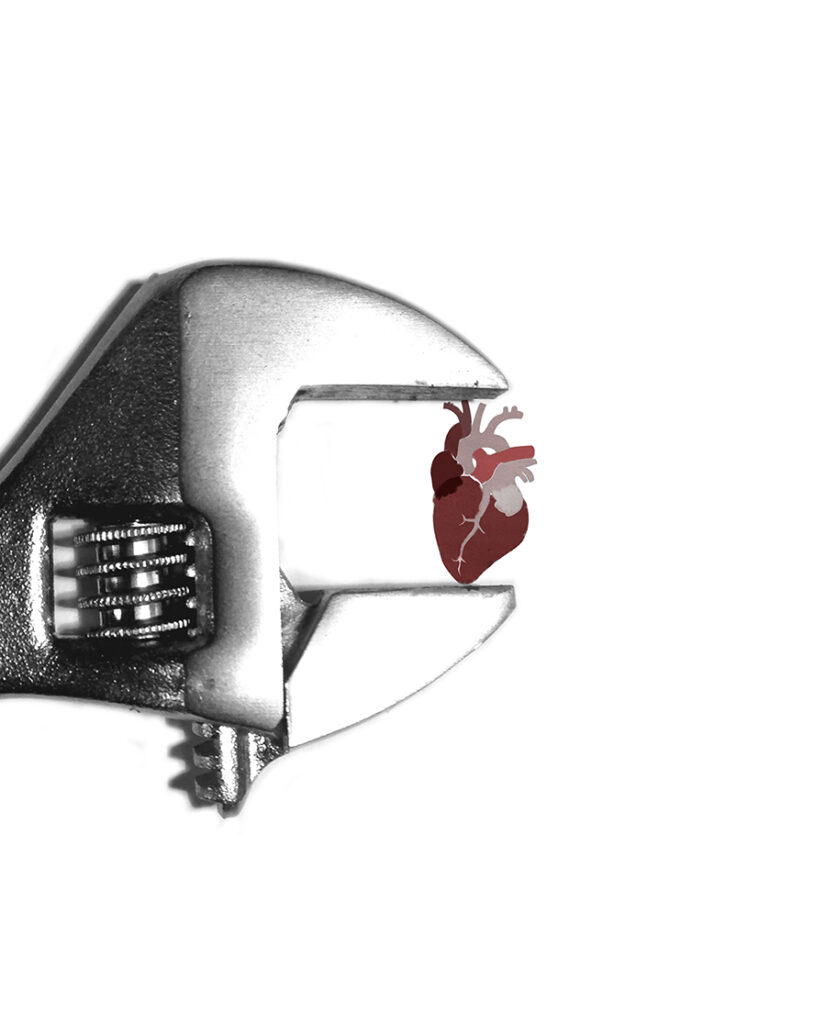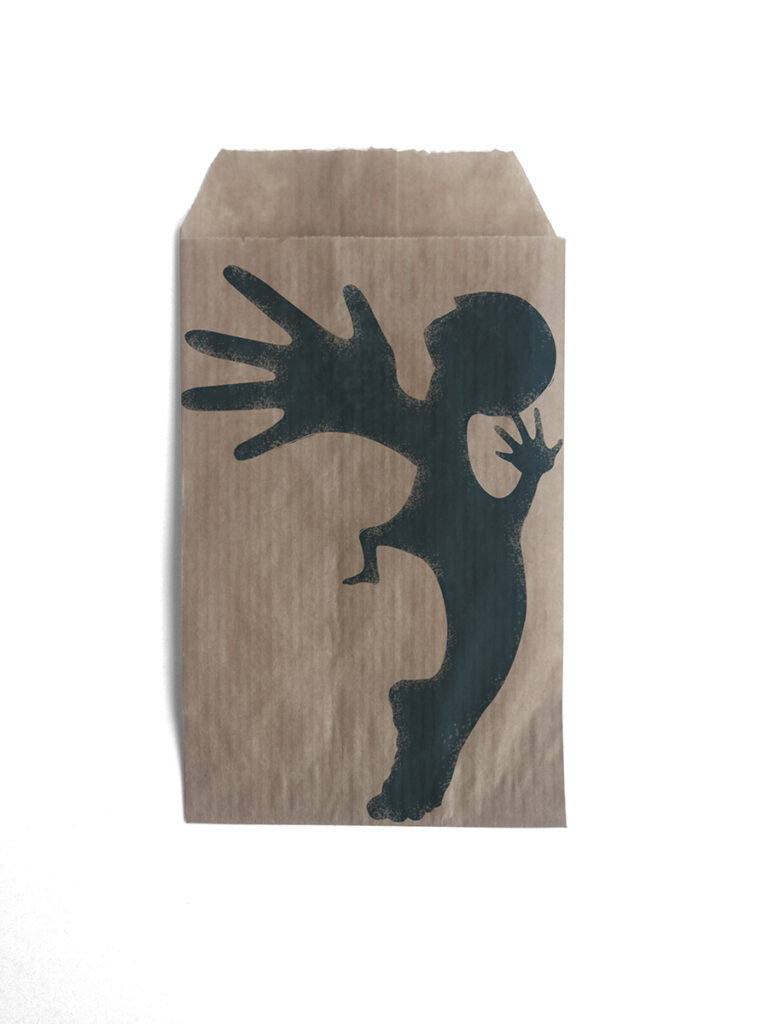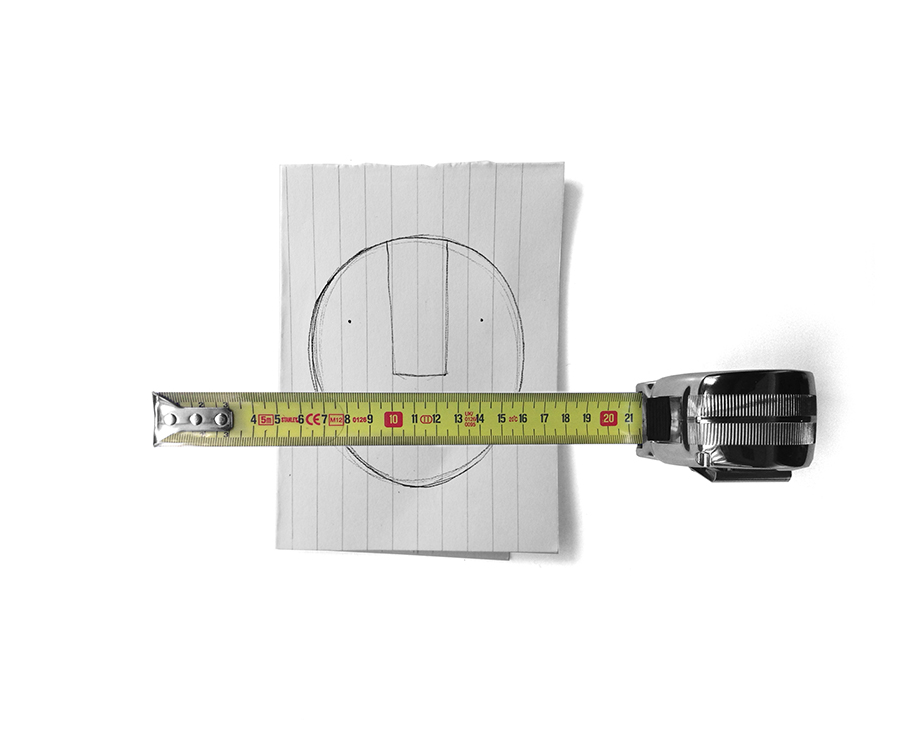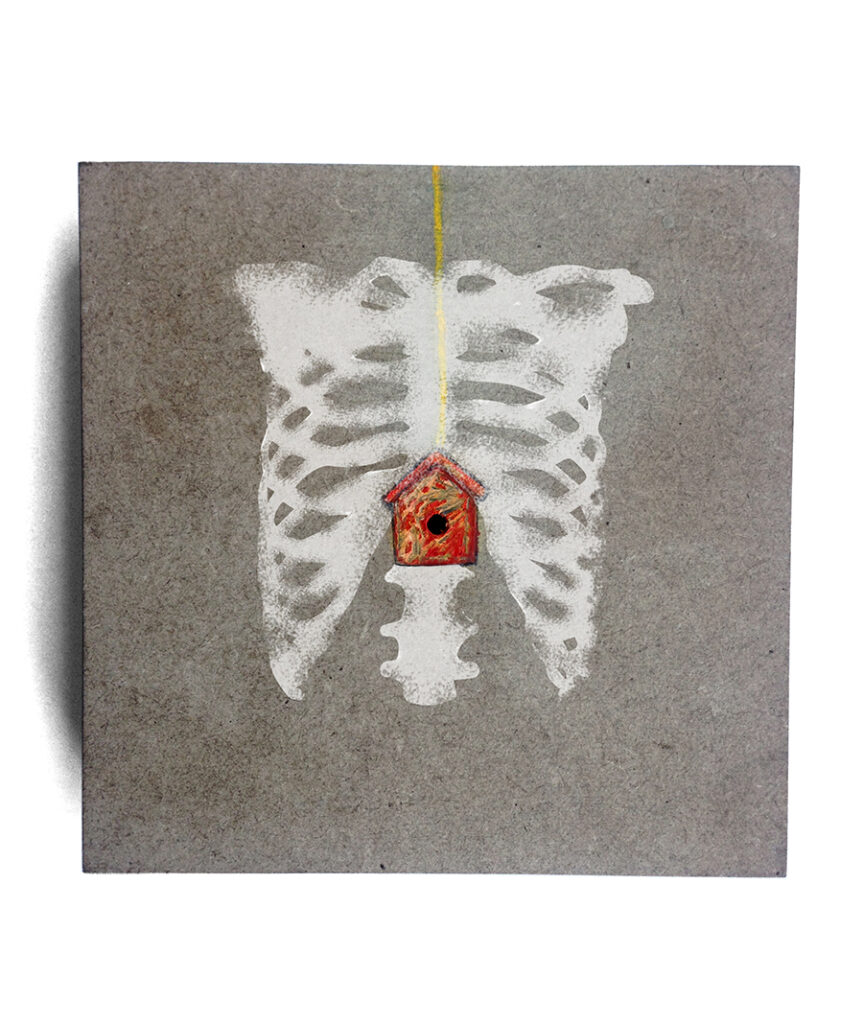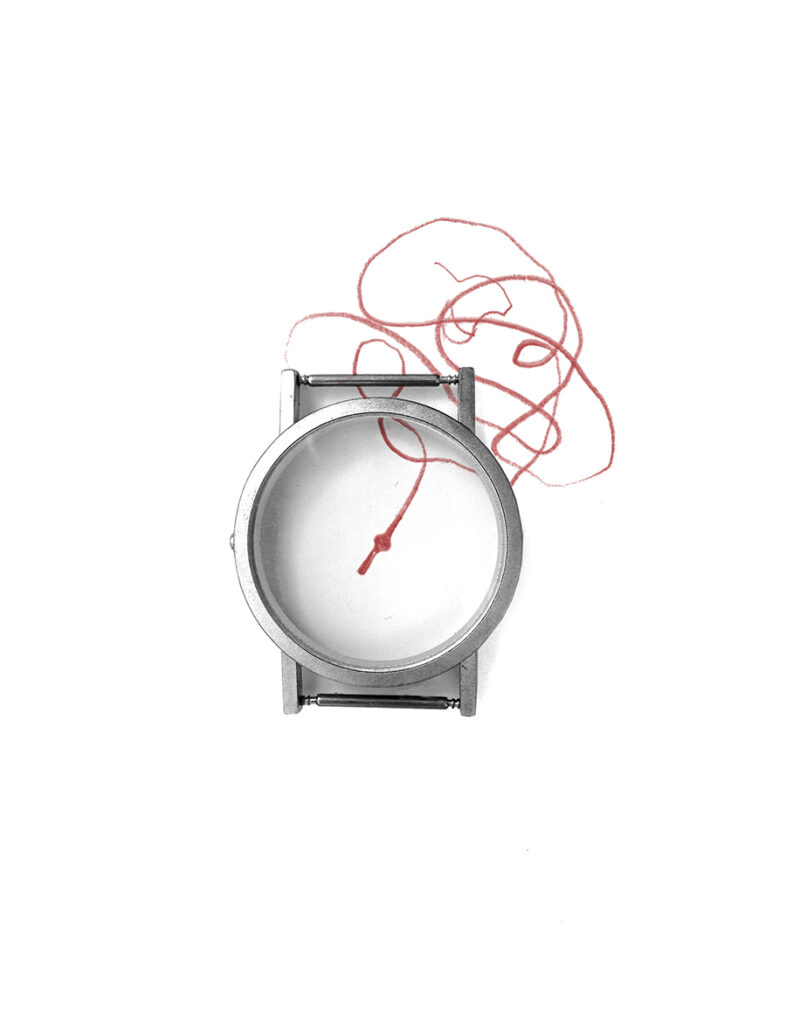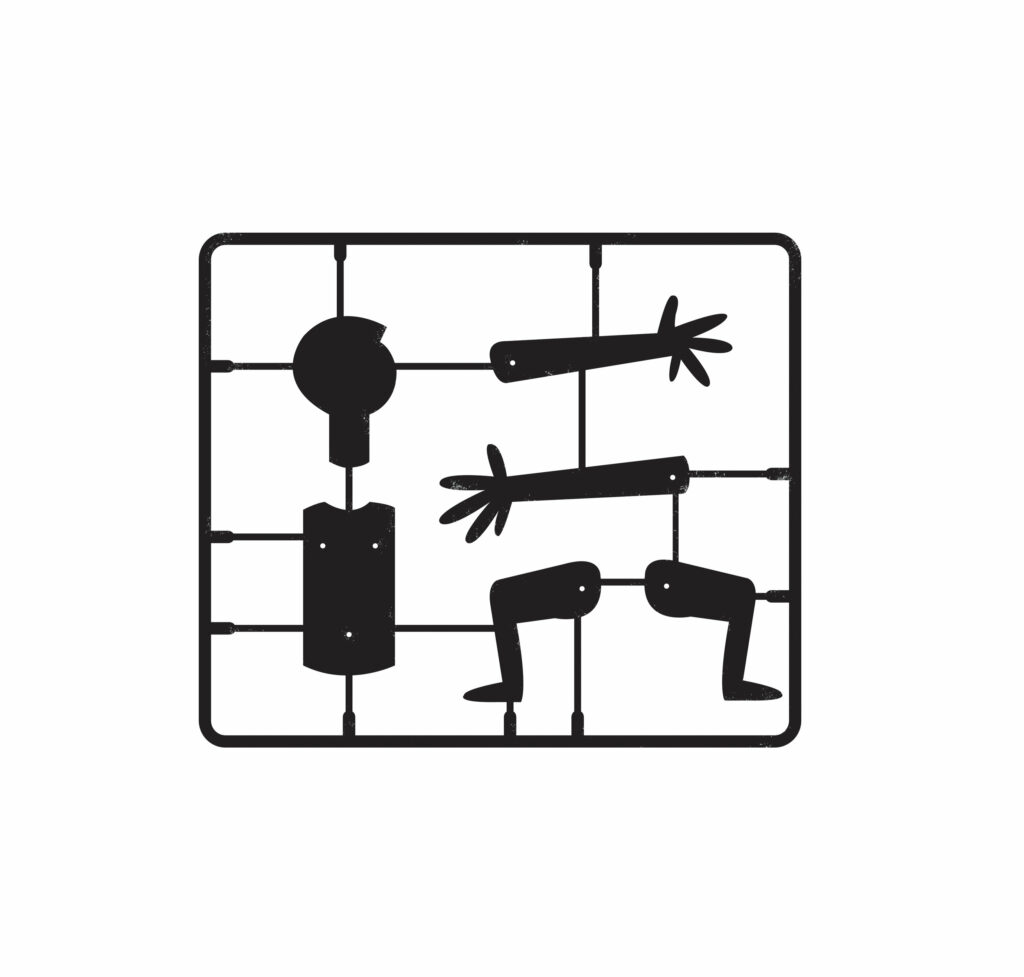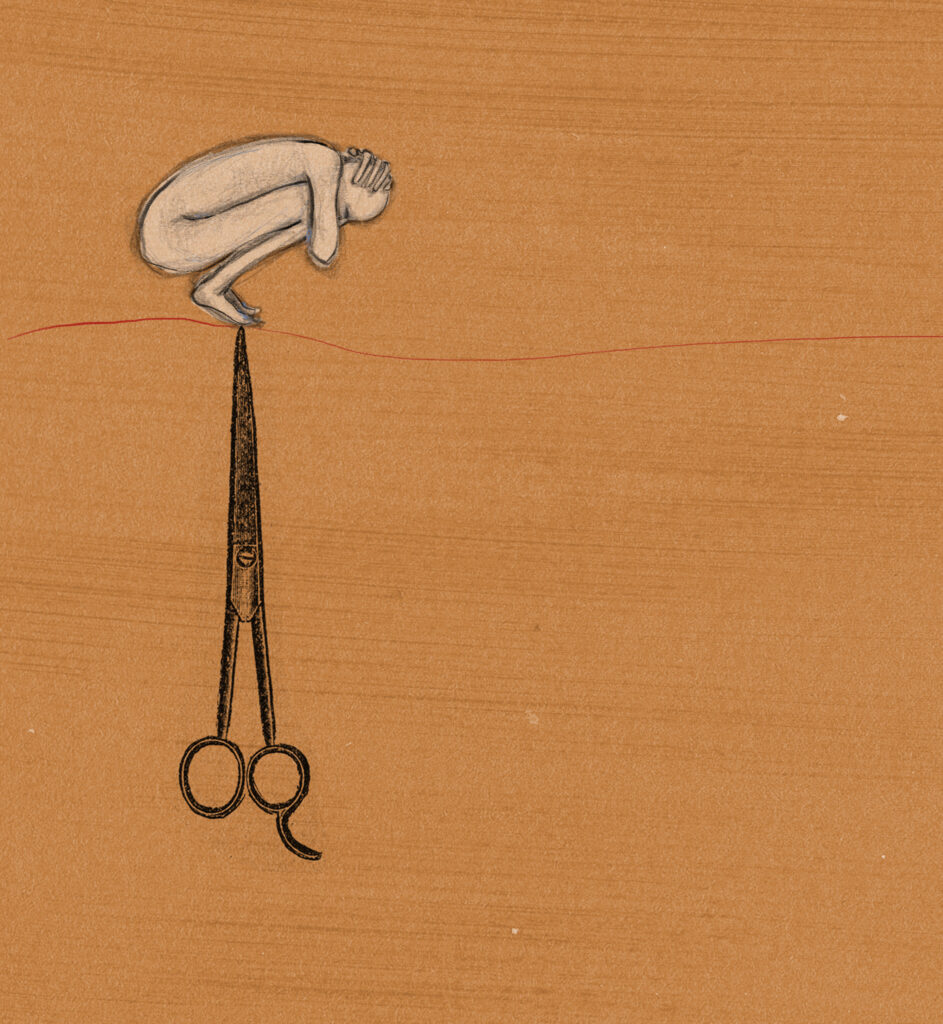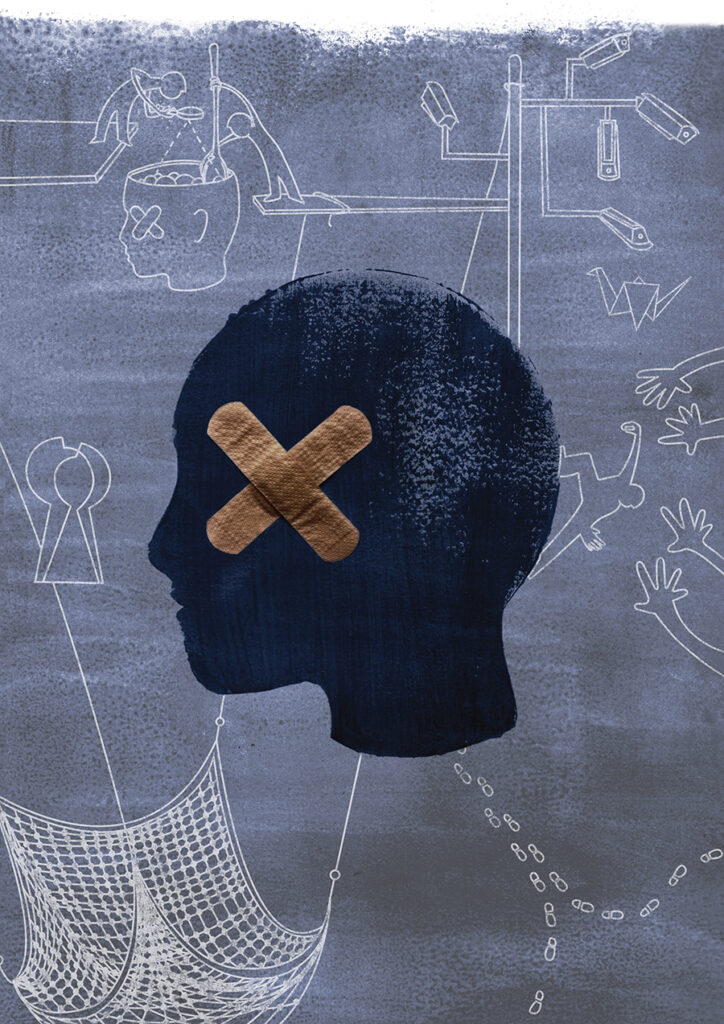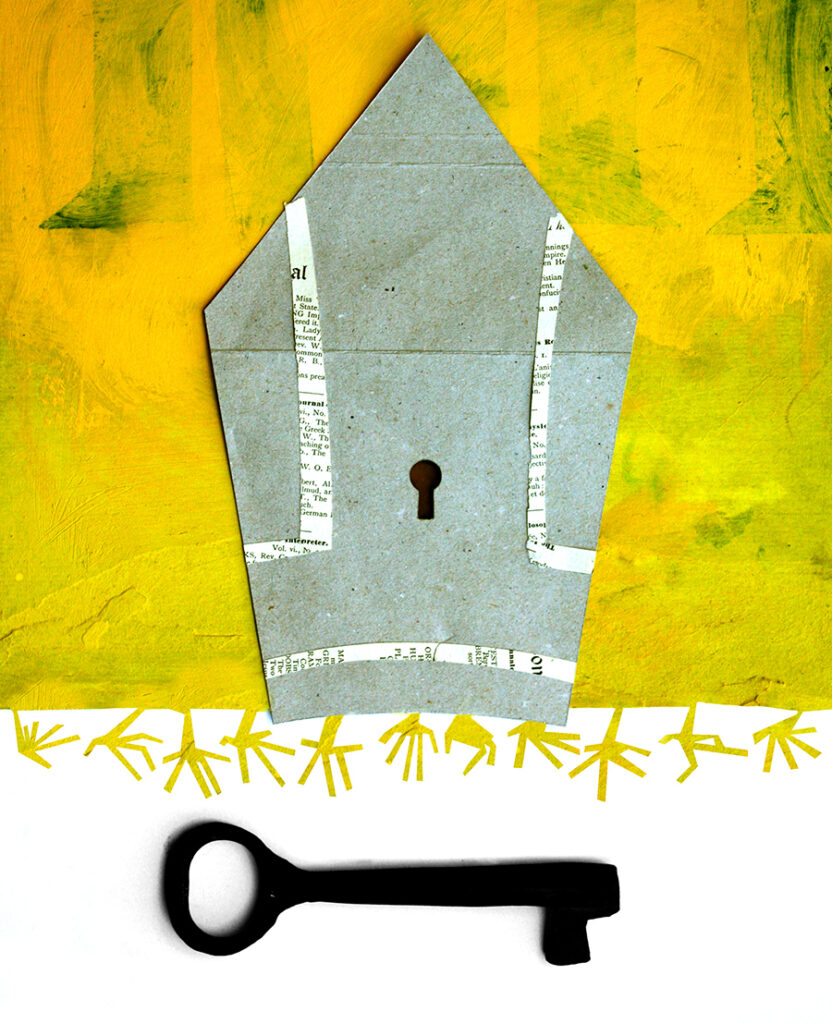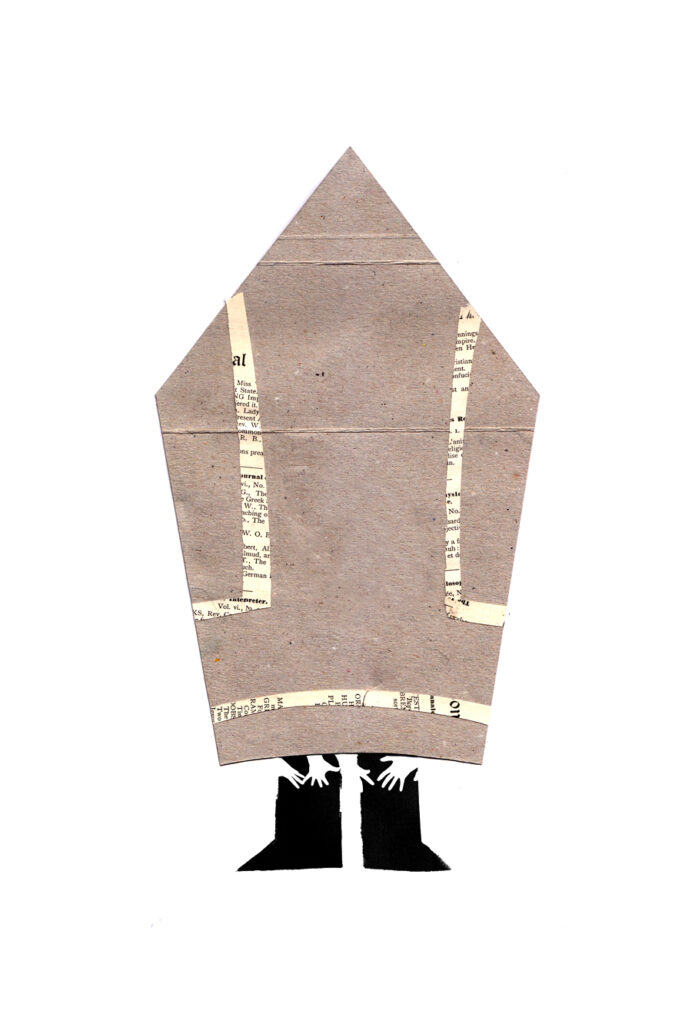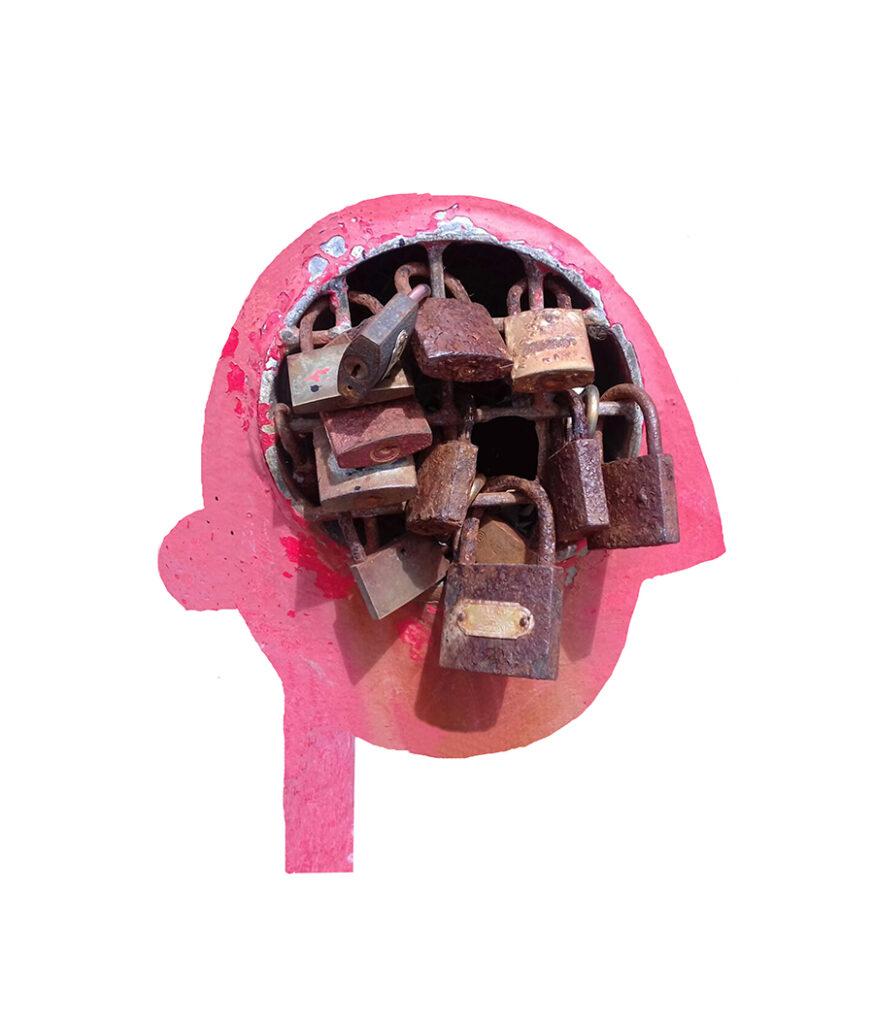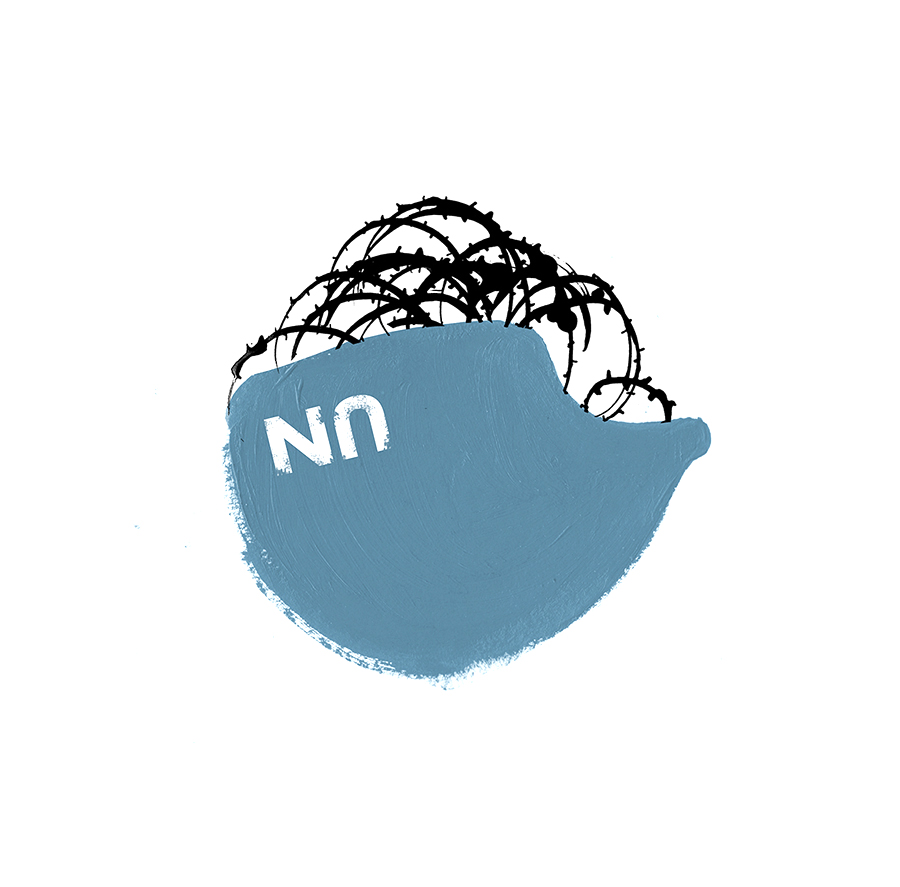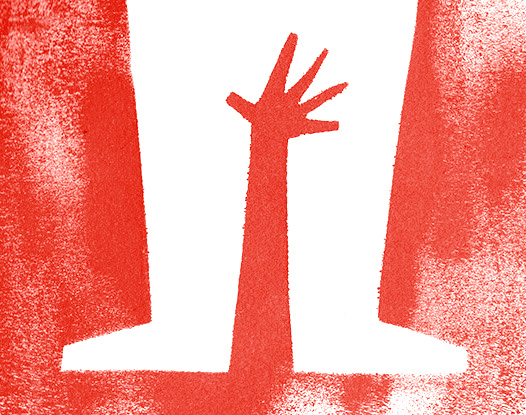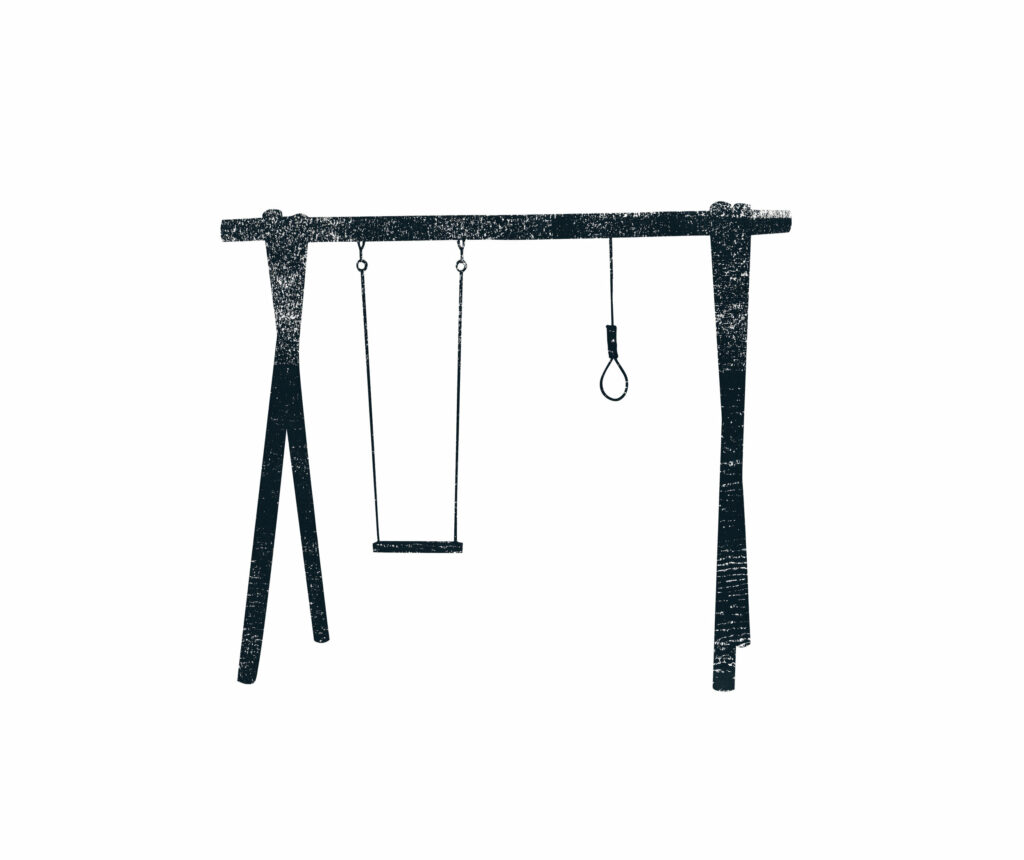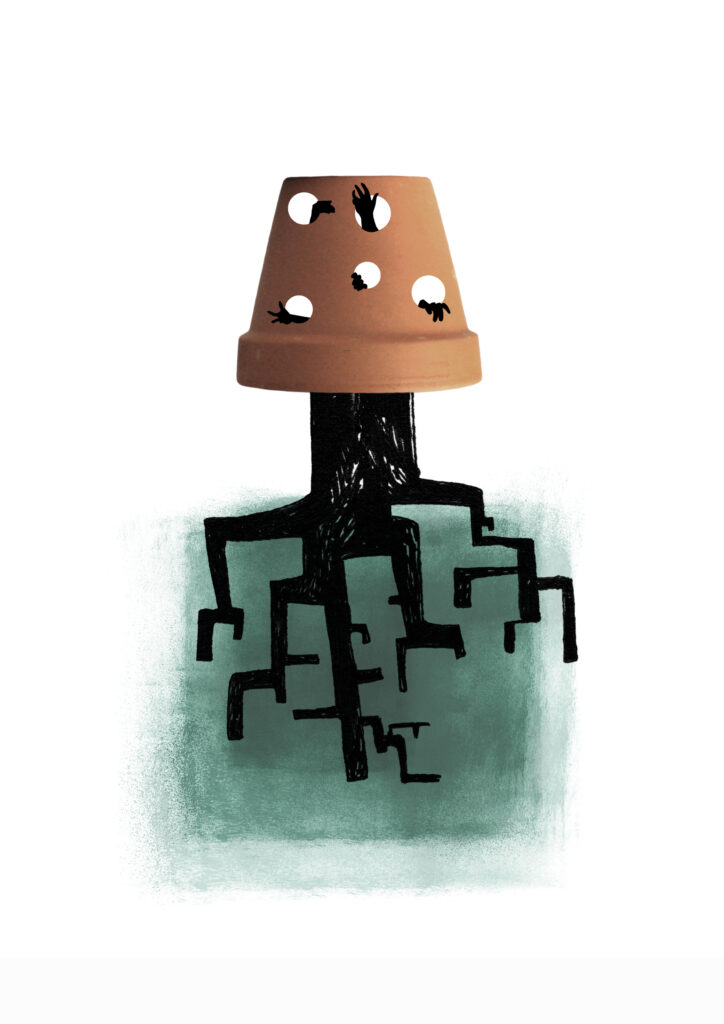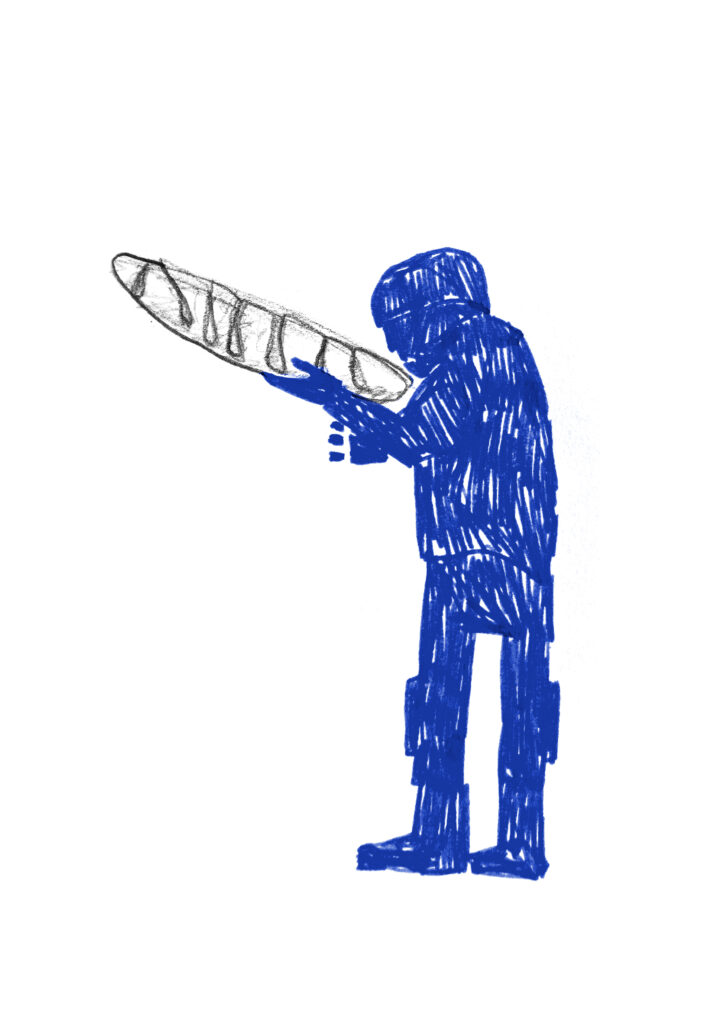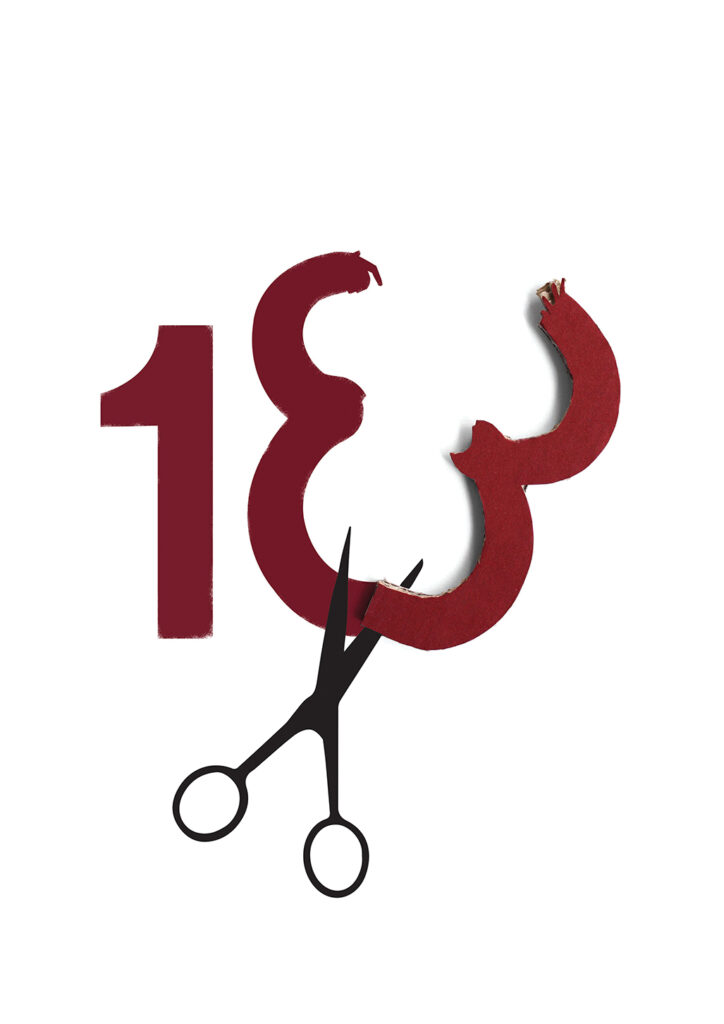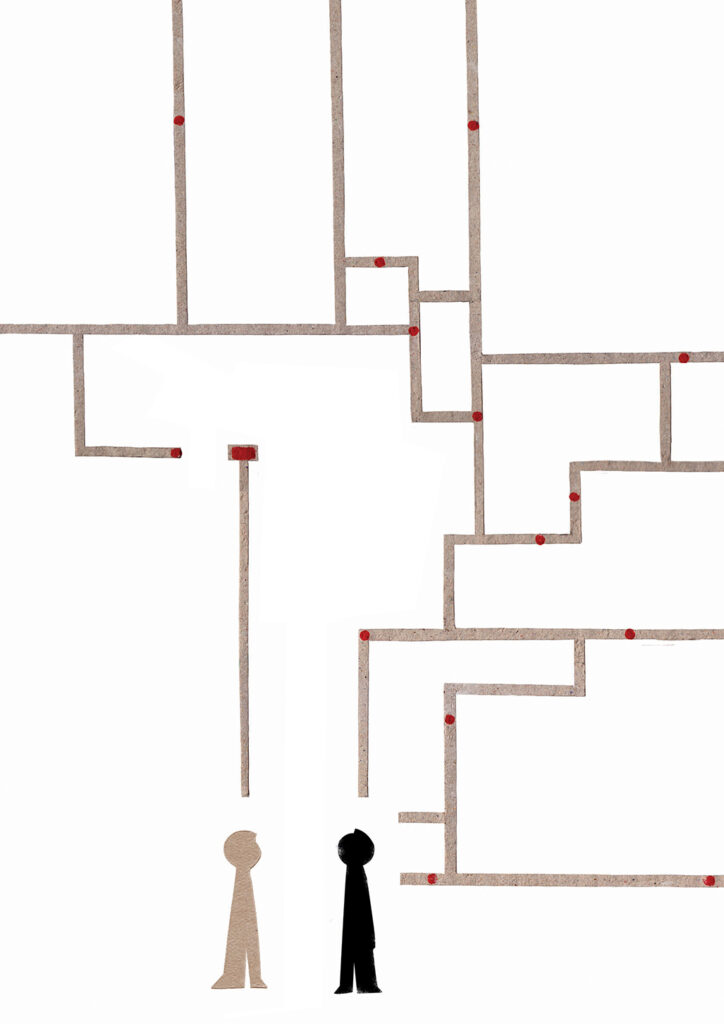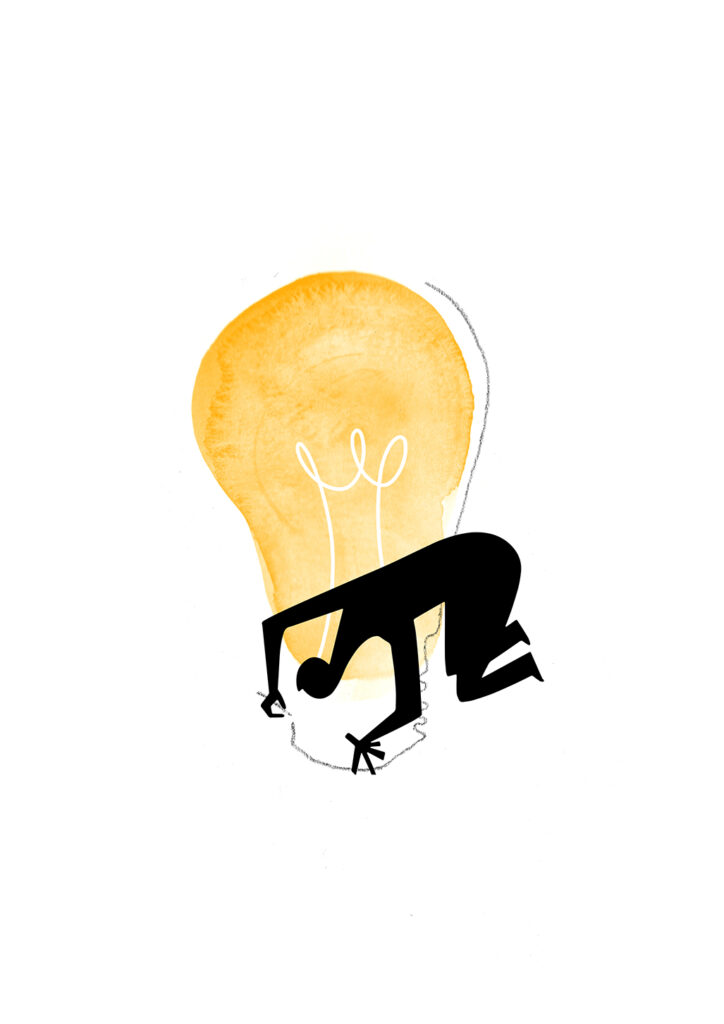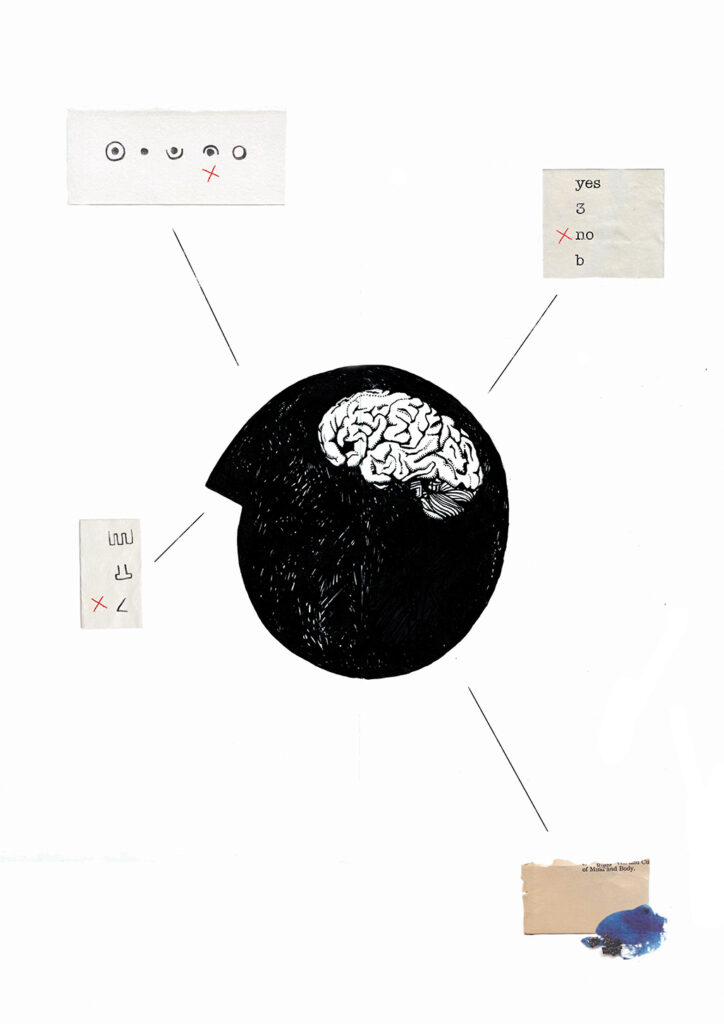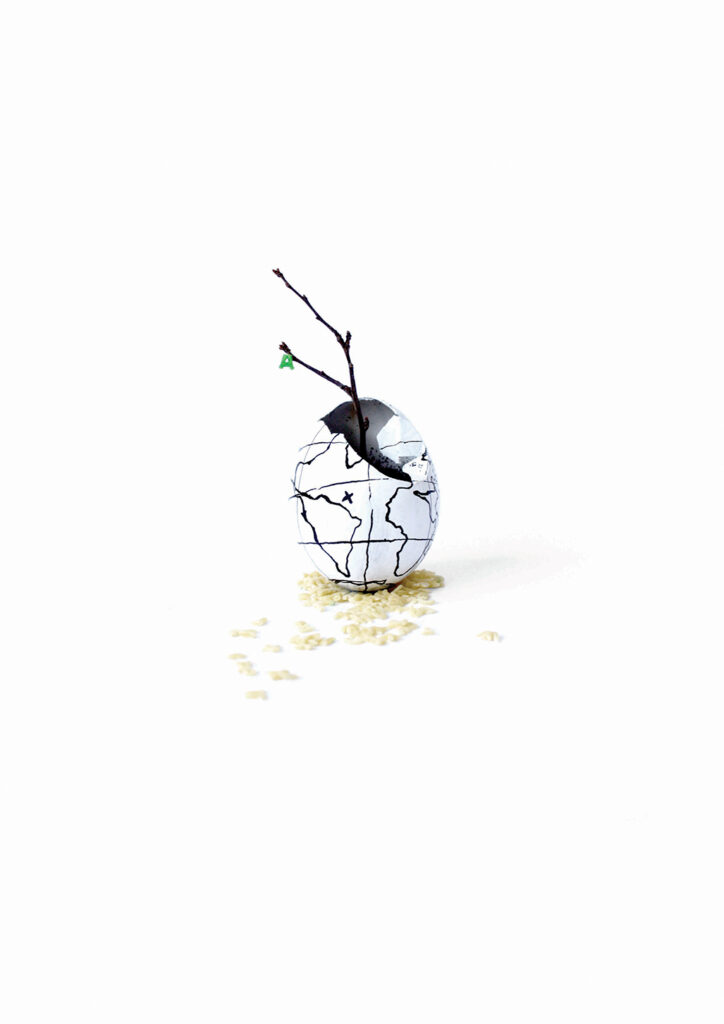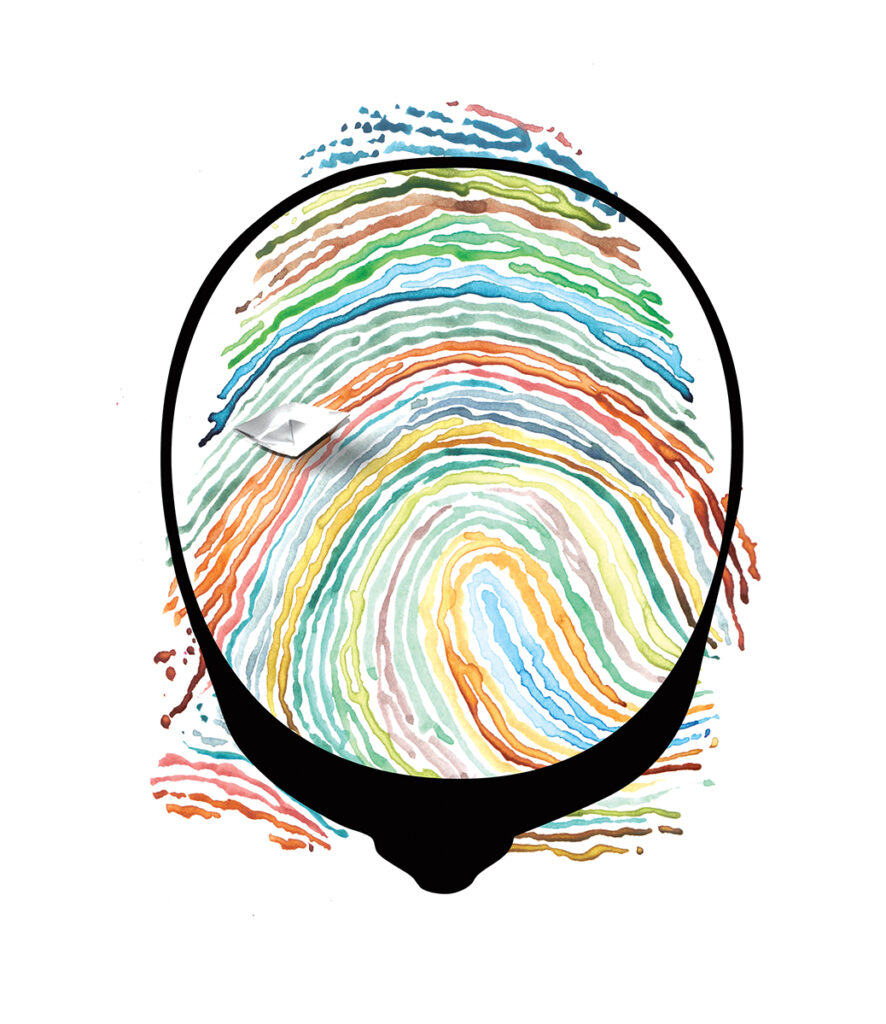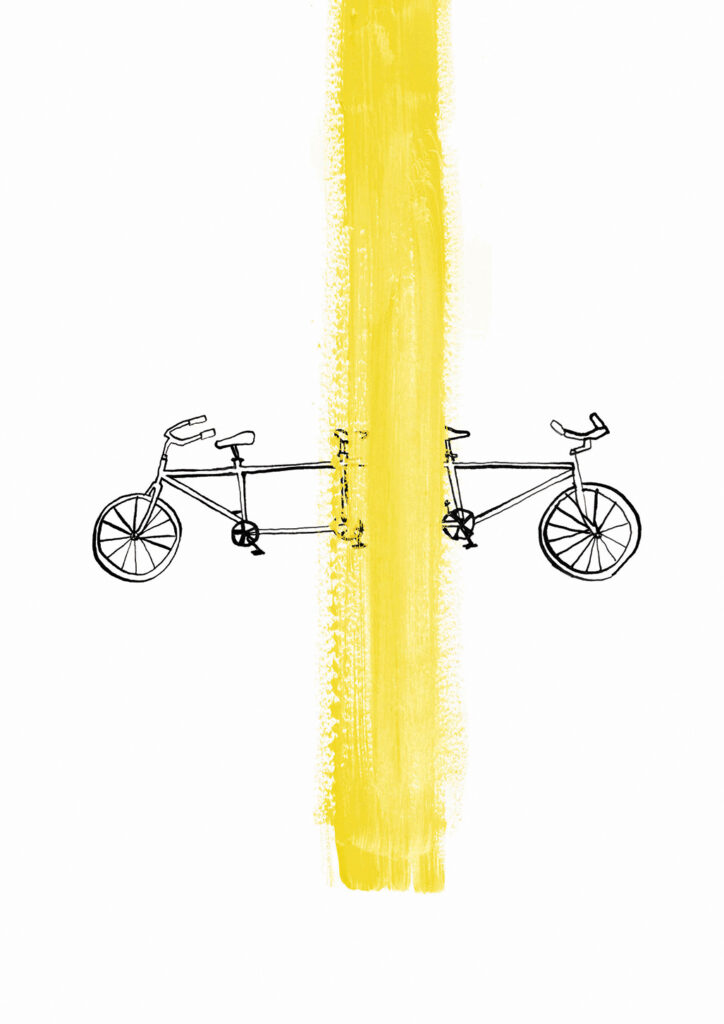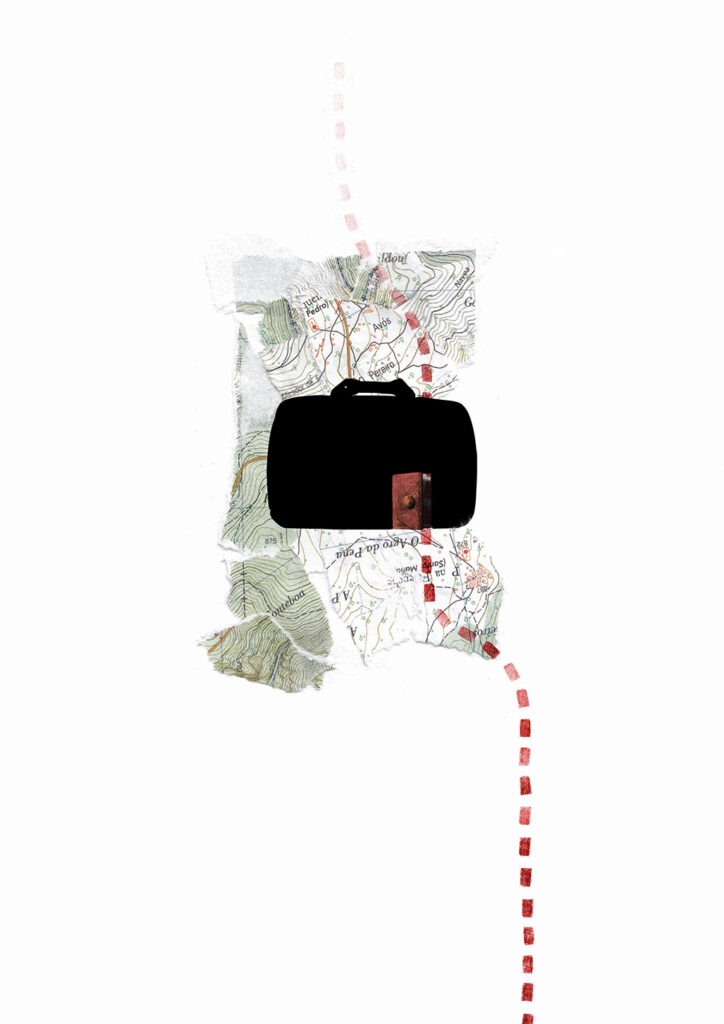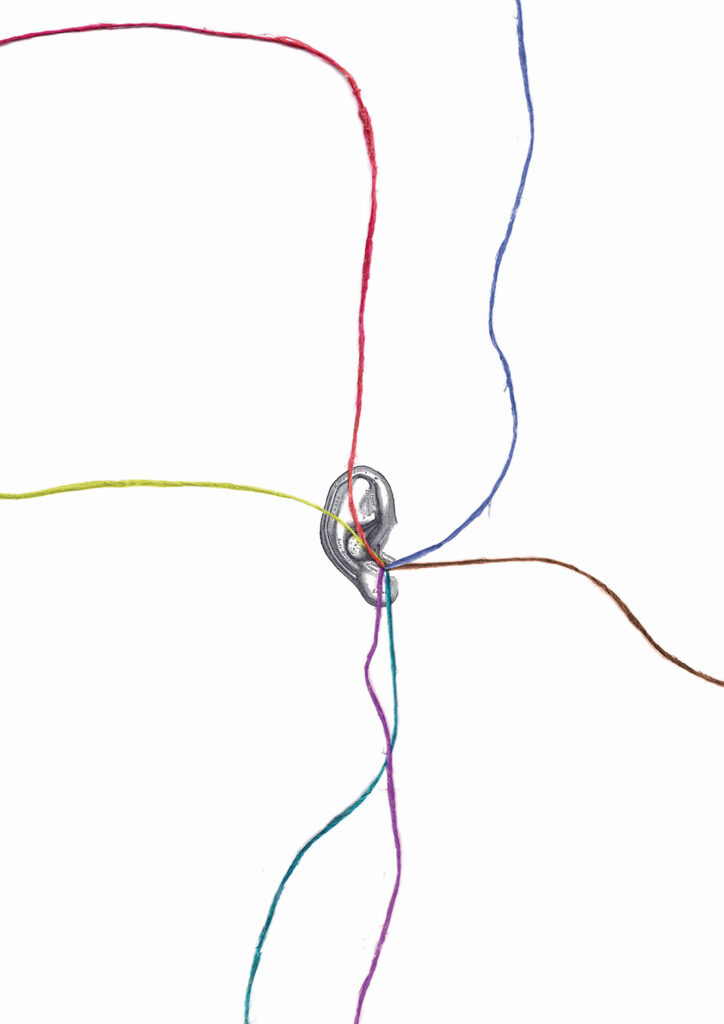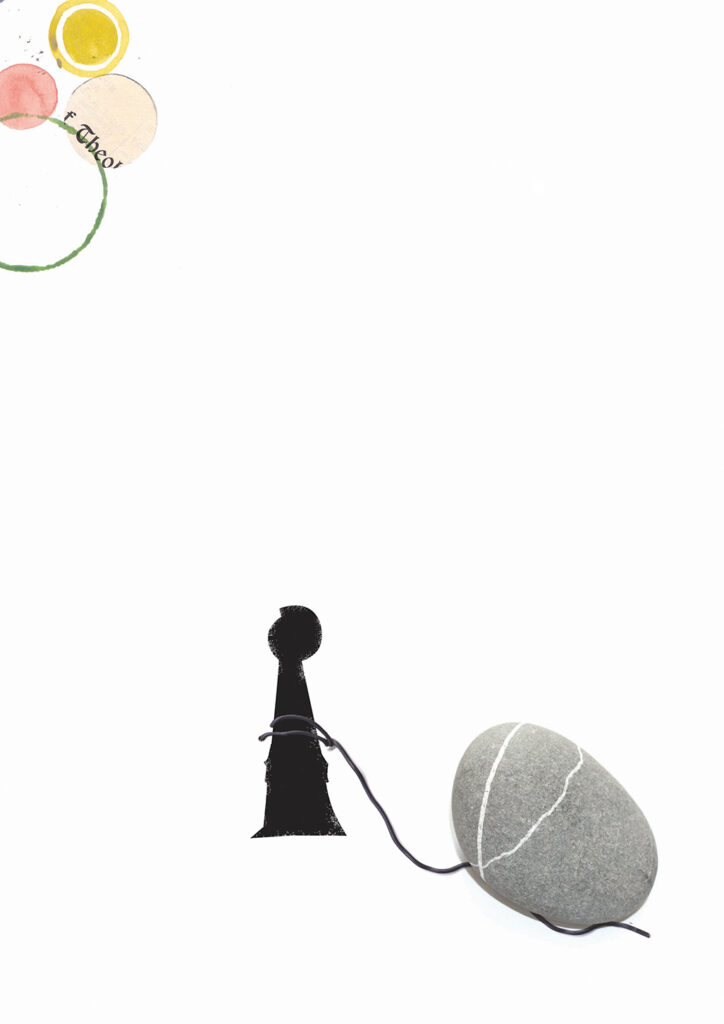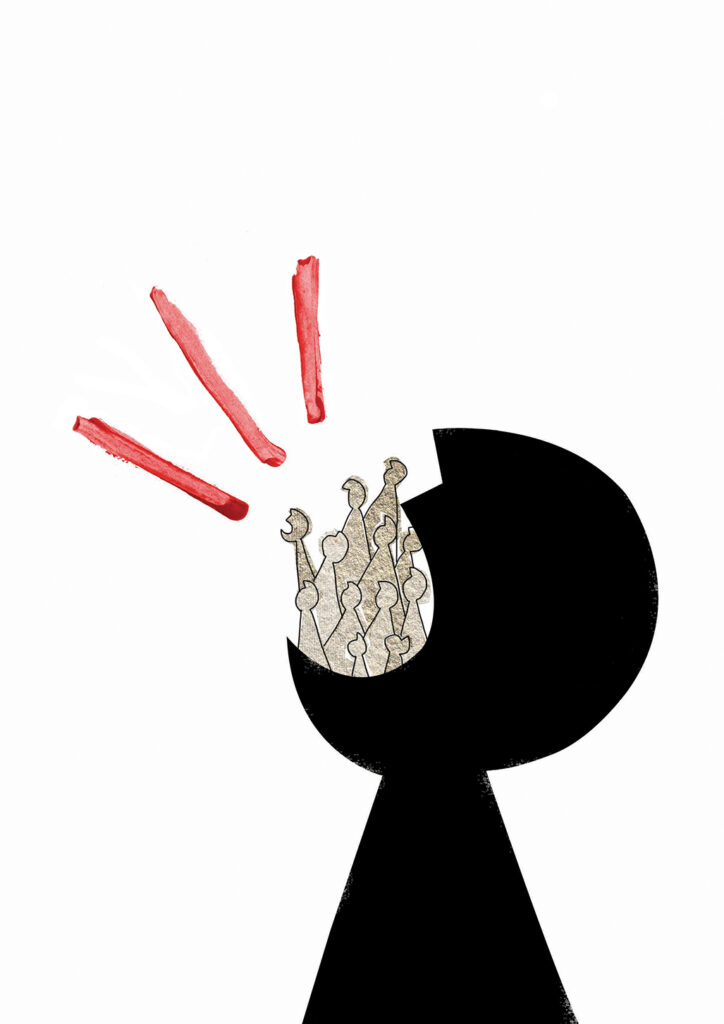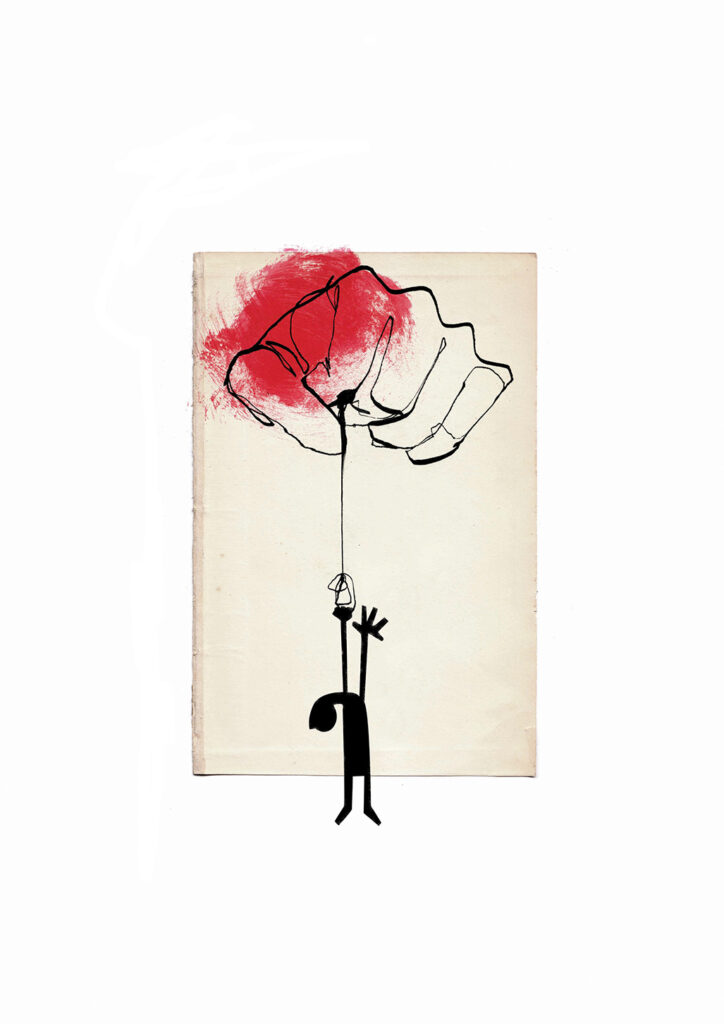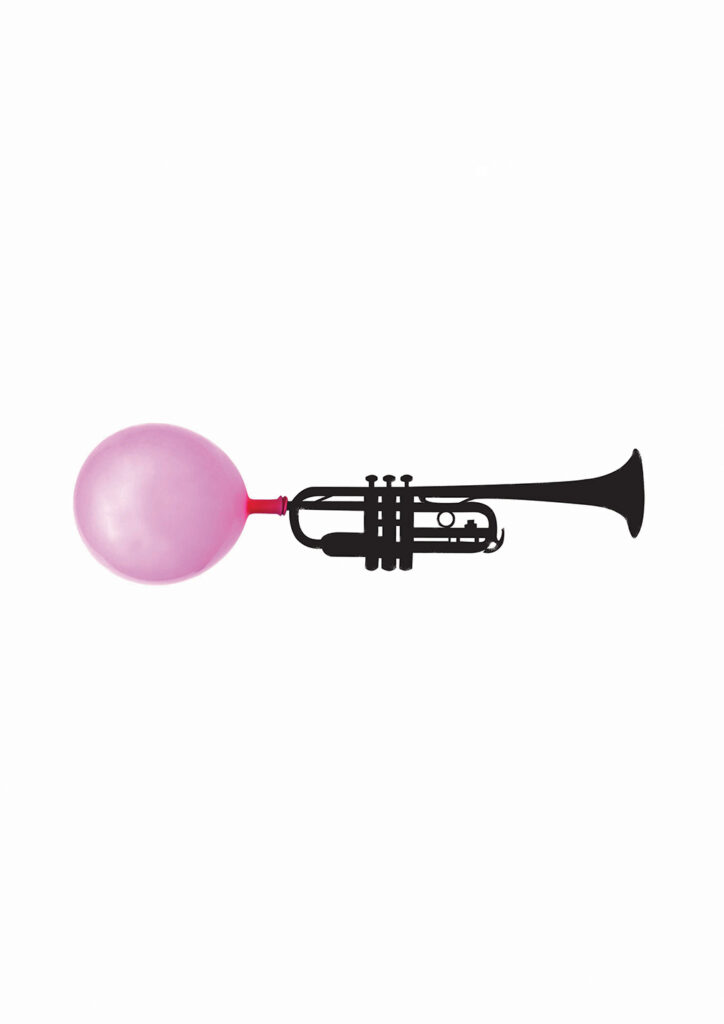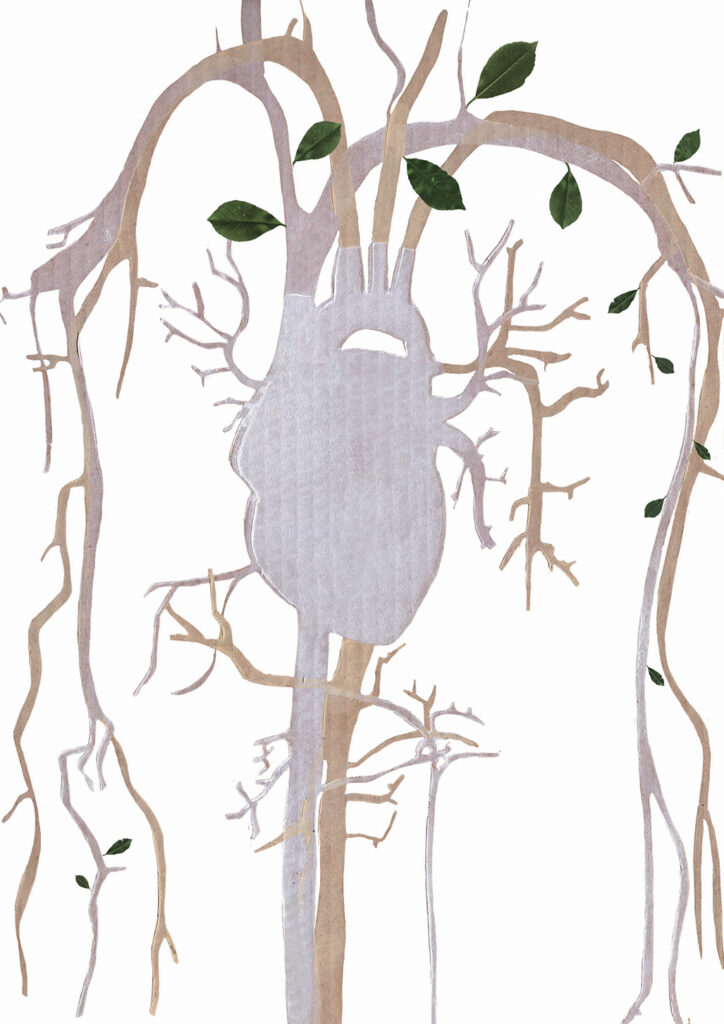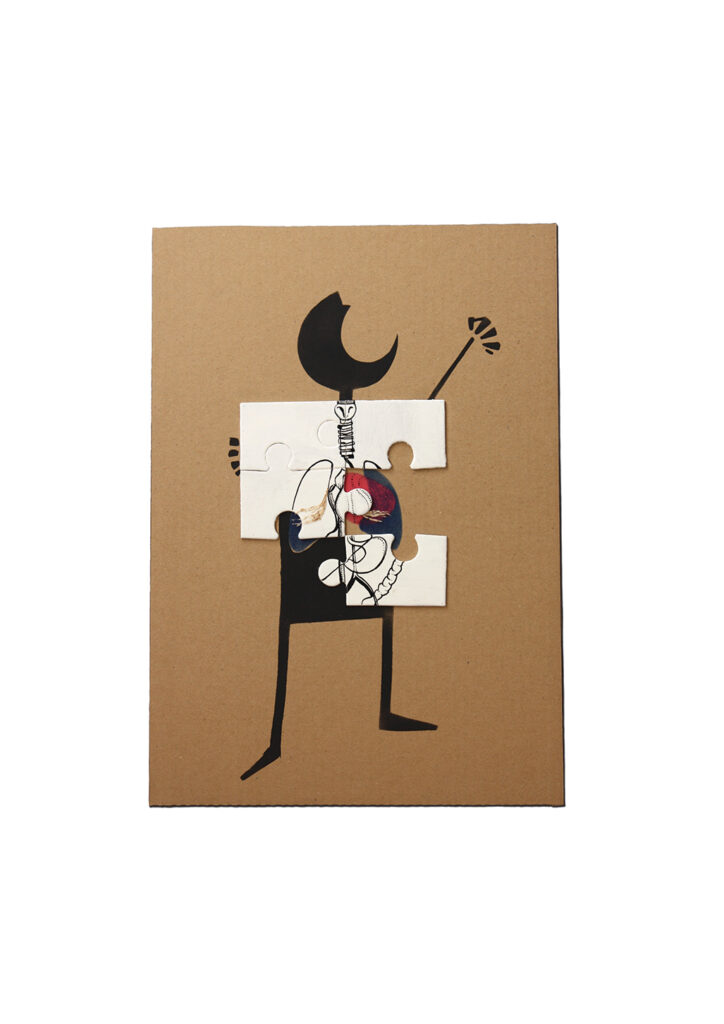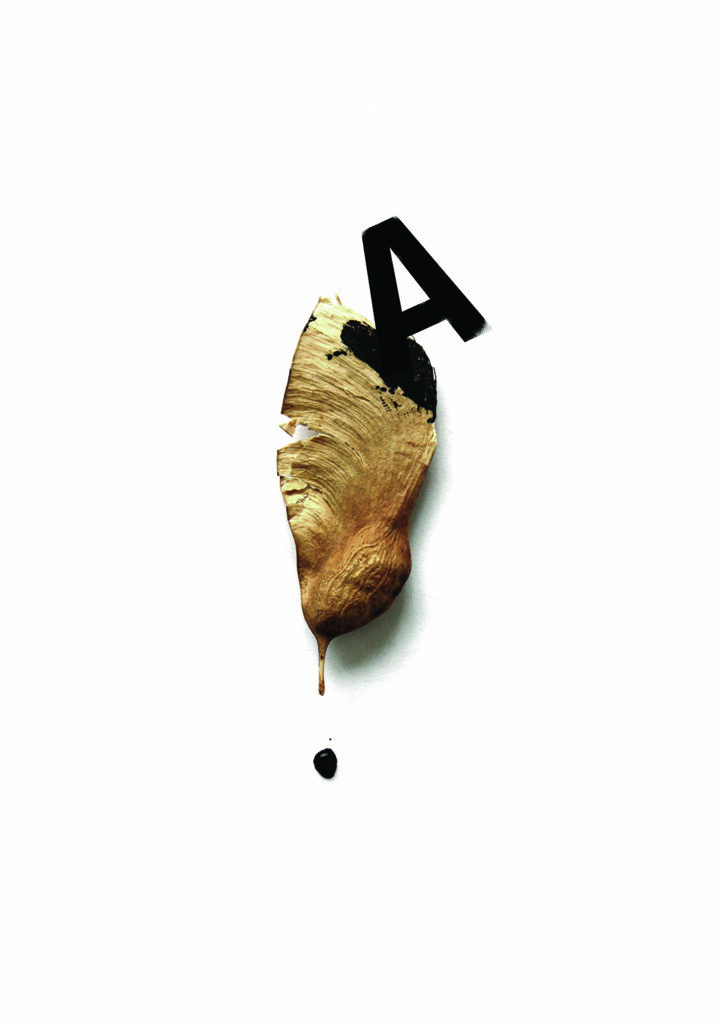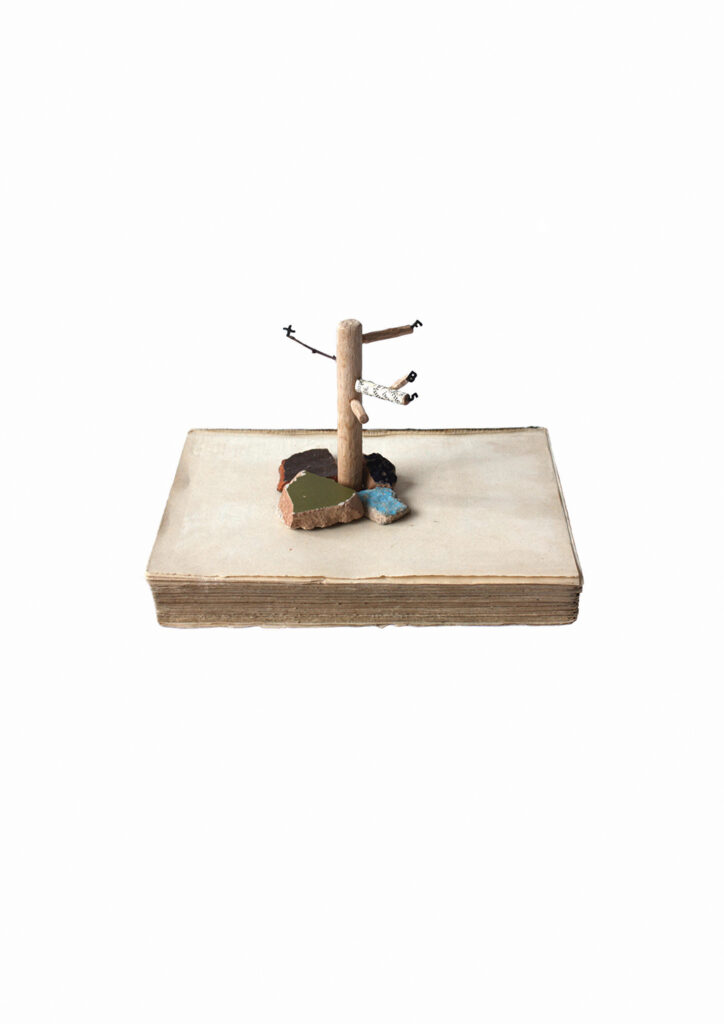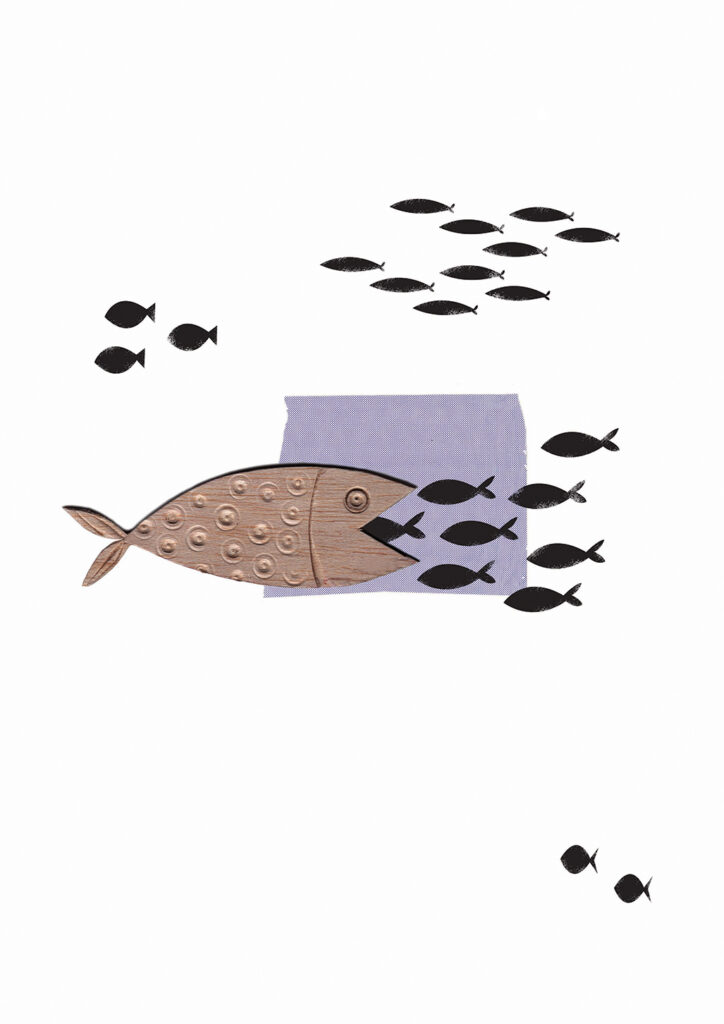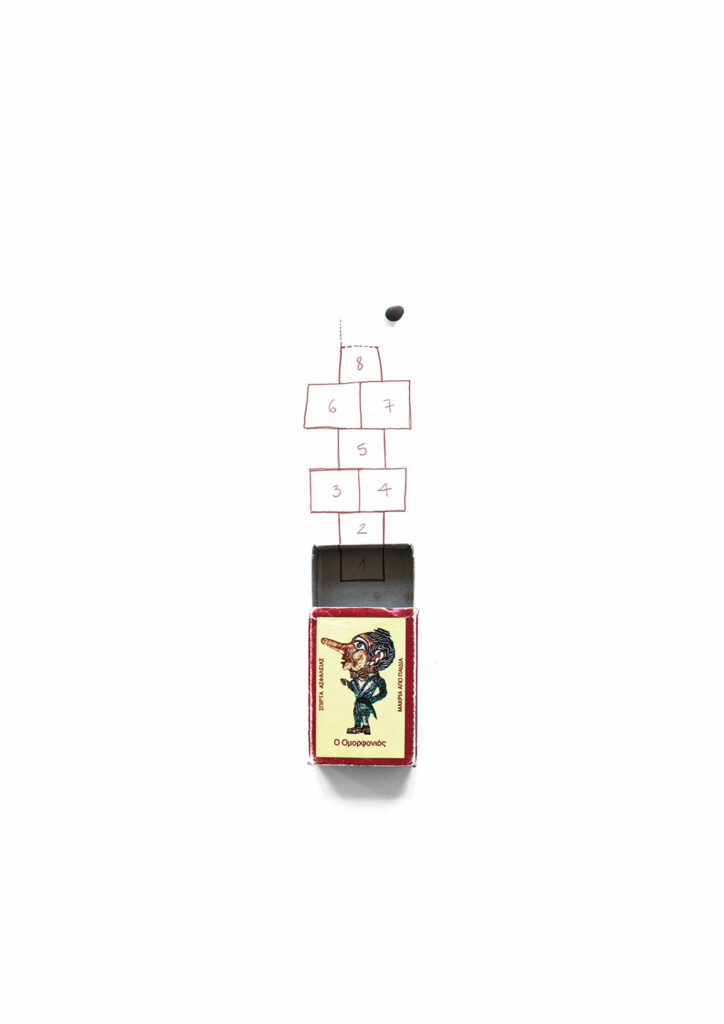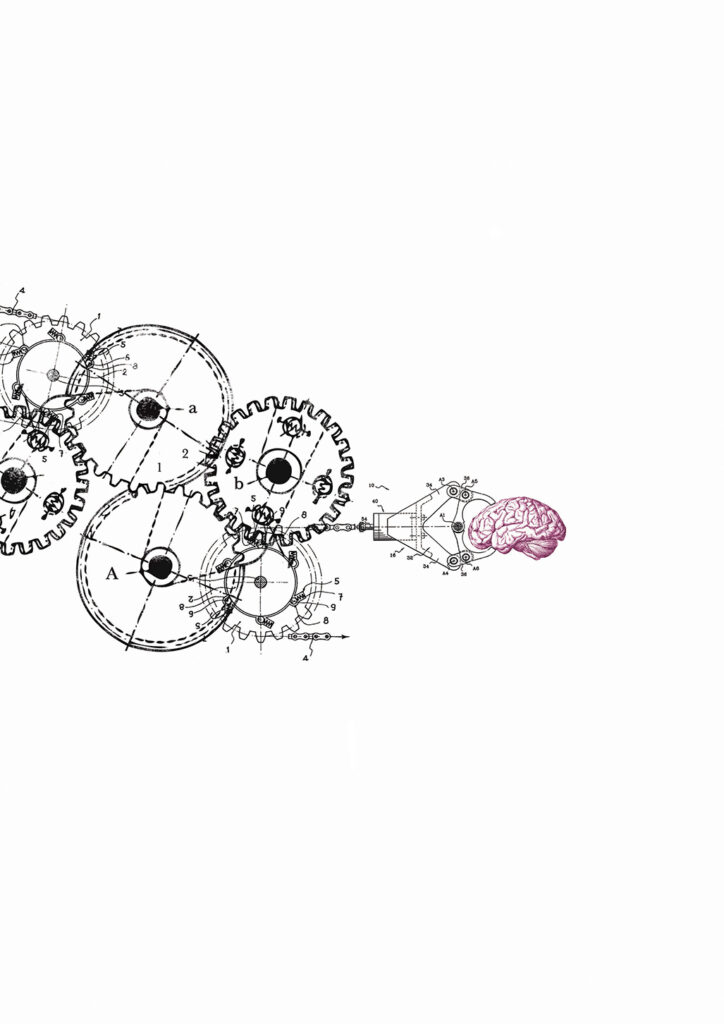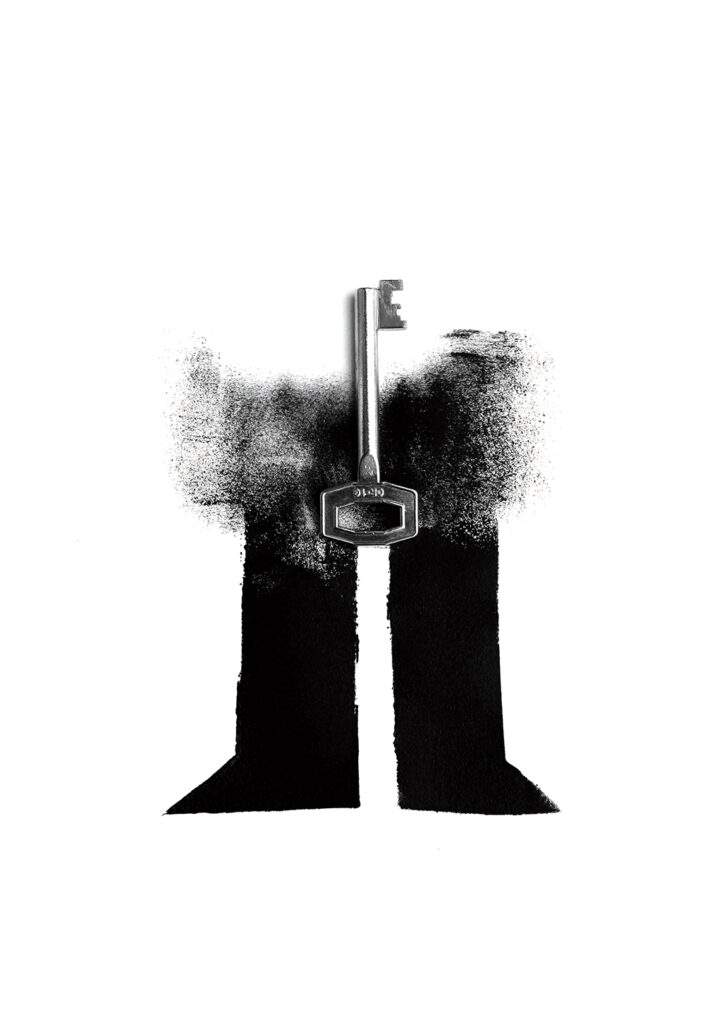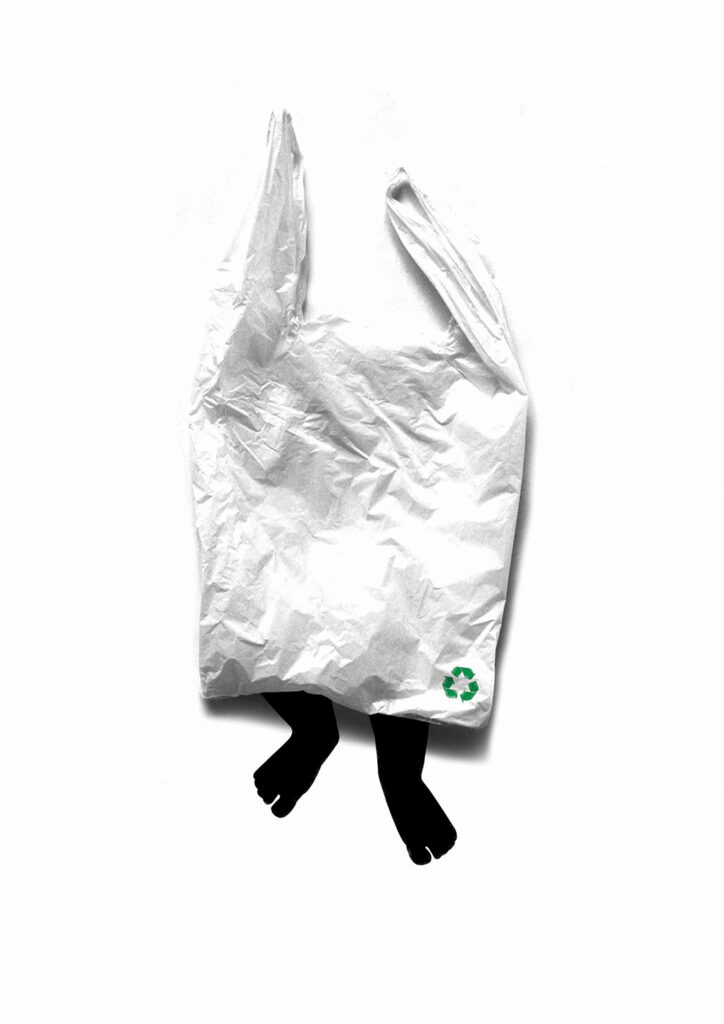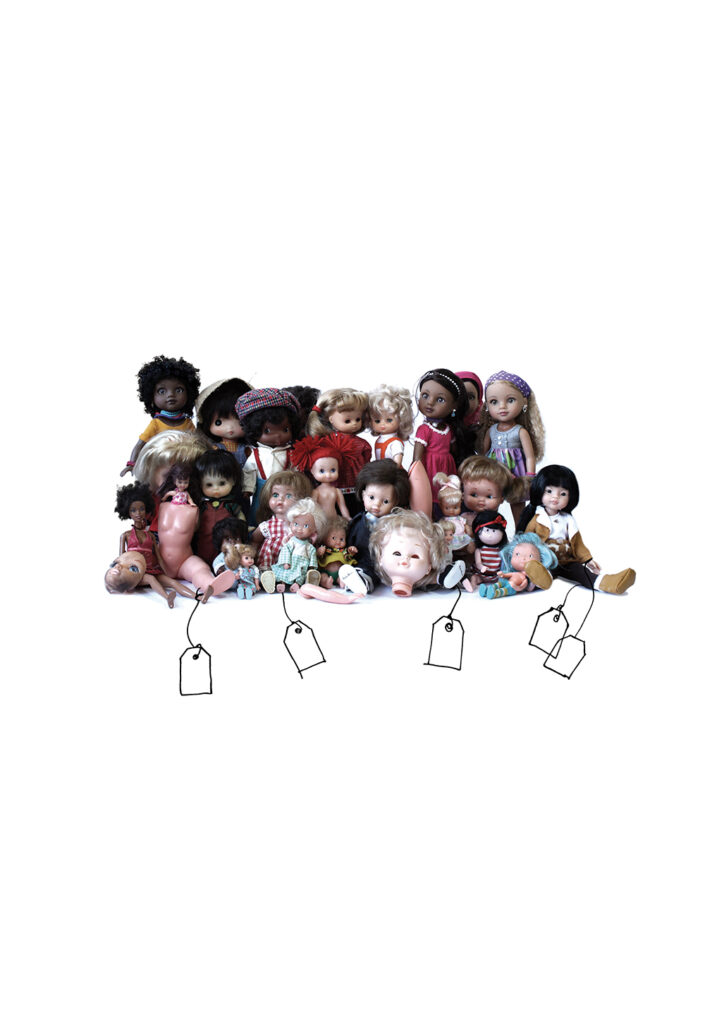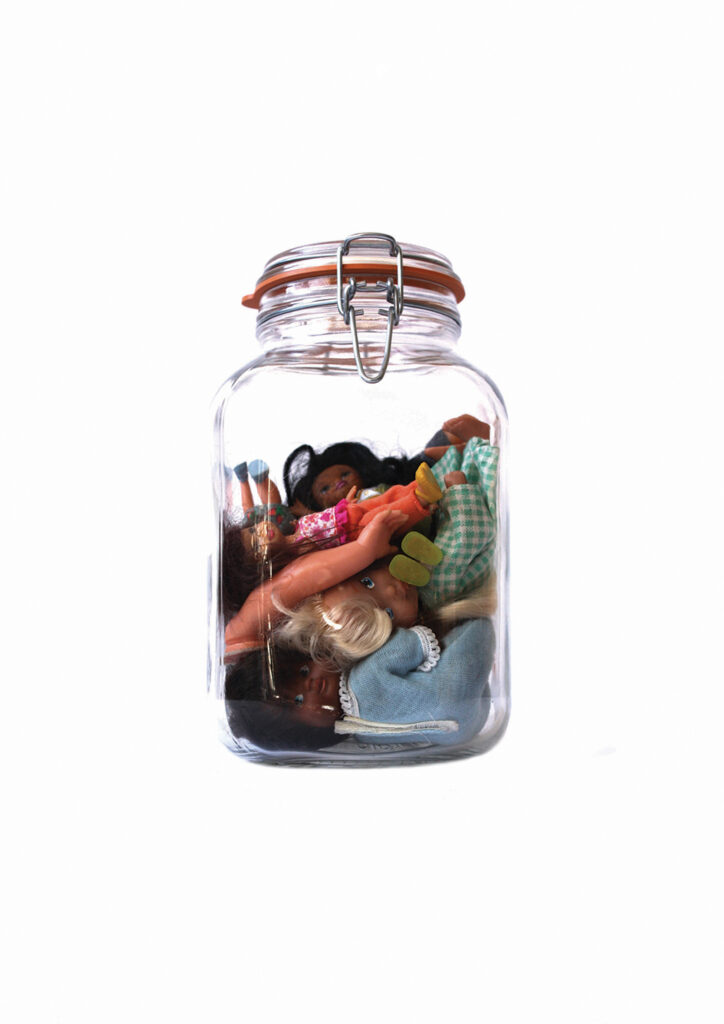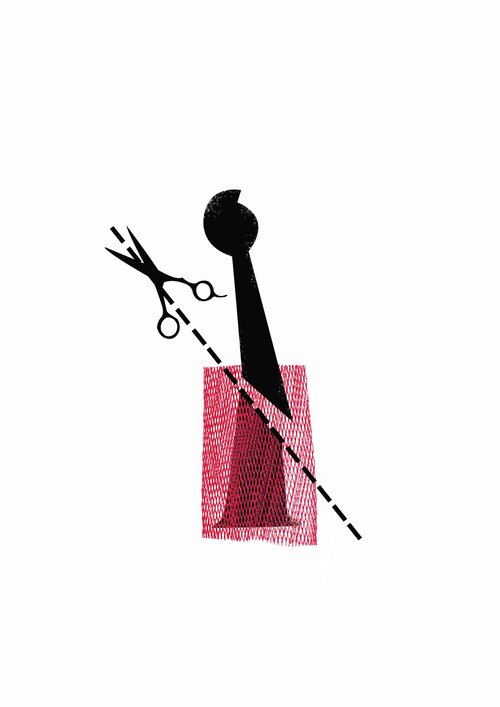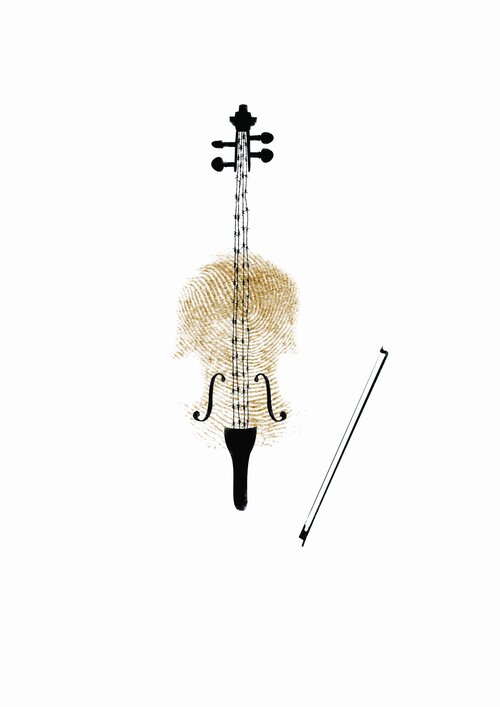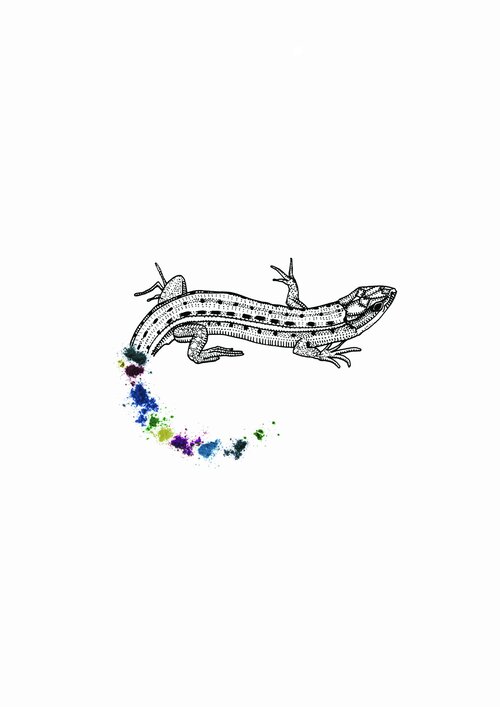As an art studio, we regularly produce art to illustrate our thinking and initiatives. We have organised some of these pieces as small touring exhibitions.
If you have an exhibition space or wall and you are interested in showcasing our work, please get in touch and we will send you the artwork and texts of the exhibitions we have developed so far. Scroll down to get a snapshot of what these exhibitions look like.
We are also happy to work on new exhibitions about rights. If you have an idea, don’t hesitate to get in touch.
Environment and Toxics
It goes without saying that humans cannot live and have rights if there is no planet to live on. A clean environment is therefore essential for human health and well being, but human activity causing environmental degradation is compromising the air, water and soil we need to live. Pollution, rising air temperatures and sea levels, deforestation, unsustainable agricultural and fishing practices, destruction of ecosystems and loss of biodiversity, and overpopulation and overconsumption are profoundly affecting the quality of life of current generations. If these problems continue, their effect will impact future generations too. Read more.
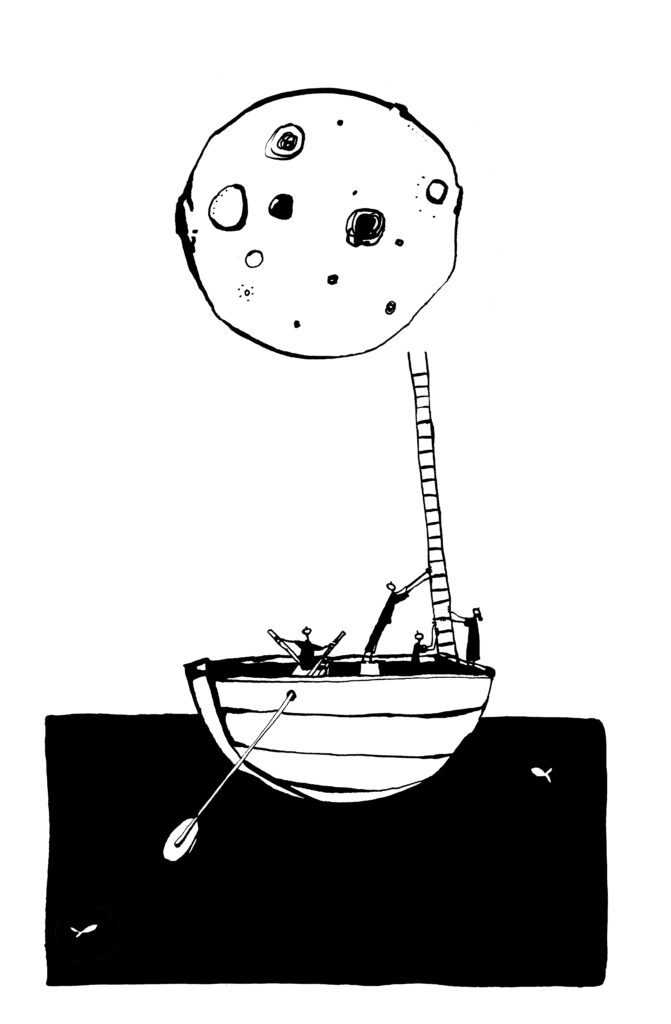
“You must treat the earth well. It was not given to you by your parents. It is loaned to you by your children.” – Kenyan proverb
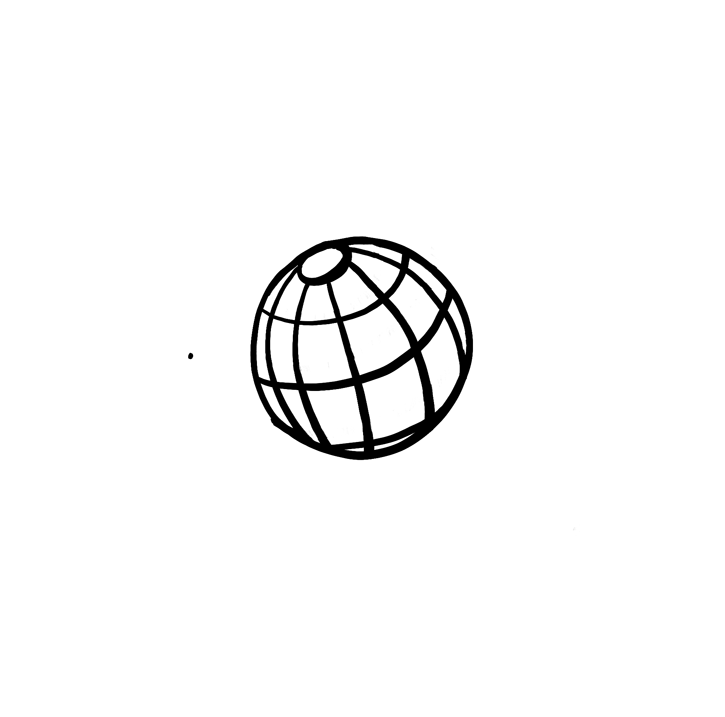
Access to Information
Children continue to be on the receiving end of disproportionate restrictions on their access to information based on the perceived need to protect them from materials deemed to be harmful. At CRIN we recognise children’s right to protection, as well as the fact that access to honest and objective information appropriate to their age and capacity is a prerequisite for all children’s rights and should be part of any child protection strategy.
Access to Justice
When we think of children and justice, the first notion that comes to mind is usually one of children breaking the law. Rarely do we consider children and their right to use the legal system to protect their human rights or to seek redress when their rights have been violated. Access to justice is about recognising that children, just like anyone else, should be able to trust and use the legal system to get justice. Read more.
Counter-Terrorism
As terrorism has rapidly increased over the last 20 years, so too have States’ counter-terrorism strategies and the legislation that underpins them. While new measures are often not specifically targeted at children, they dramatically impact them, with children now routinely detained without charge for long periods under counter-terrorism powers in many countries. Meanwhile children convicted of offences, such as association with a terrorist group, are punished with harsh and sometimes extreme penalties; life imprisonment is not unusual, and in some countries children have been executed. Read more.
Minimum Ages
Children’s lives are governed by rules based on minimum ages which set limits on when they are allowed to do certain things. But whether it concerns getting married, working, voting or when they can join the military or make decisions about their own healthcare, minimum ages are largely based on assumptions about children’s capacity, they vary from country to country, and often amount to age discrimination. Read more.
Assisted Reproduction
The rapid advance and use of assisted reproductive technologies (ARTs), such as fertility medication, in vitro fertilisation, or surrogacy, has an ever-increasing range of implications for children and their human rights. But States have yet to settle the complex and sensitive ethical questions involved in using ARTs, and so far have mostly focused on the rights of adults to found a family or on the prohibition of all forms of assisted reproduction, rather than on how ARTs impact children’s rights. Read more.
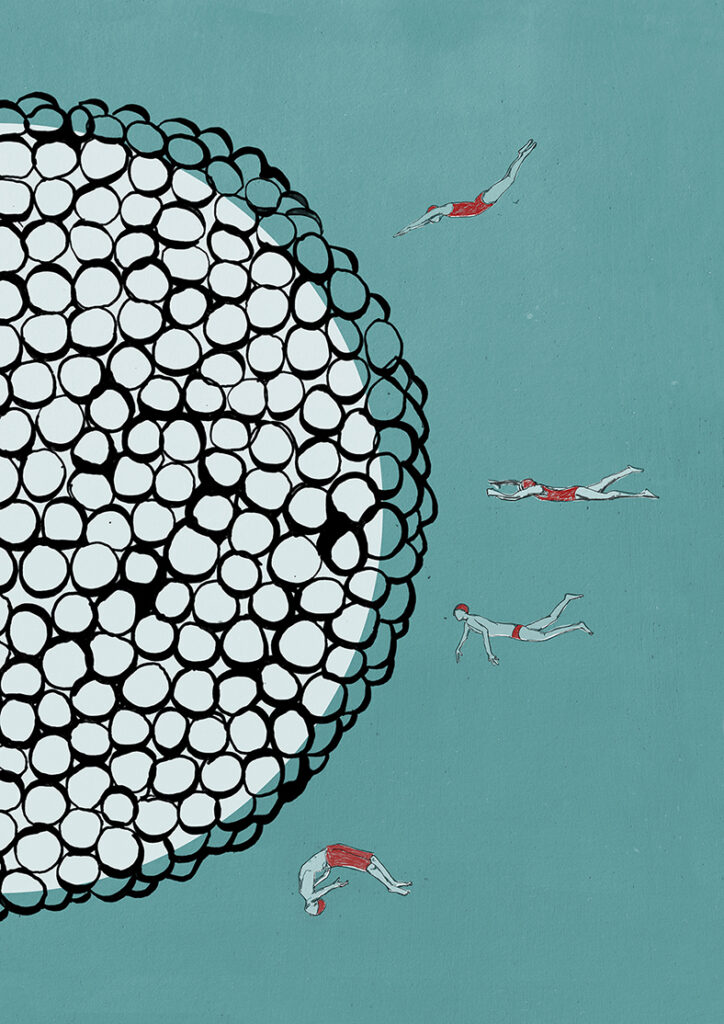
Sexual Violence
An estimated one in five children or more around the world suffer some form of sexual violence, with abusers in the overwhelming majority of cases being somebody the child knows and trusts. Statistics do not tell the full story, however, as most cases of sexual violence against children are not disclosed to anyone, with at least 90 percent of cases not reported to the authorities. But sexual violence, one of the worst crimes against children as it violates so many of their rights, will continue if the root causes that allow it to exist in the first place are not challenged. Read more.
Deprivation of Liberty
Across the world, children can be sentenced to death by execution in more than ten countries; they can be flogged, whipped, caned or have body parts amputated in 40 countries; and they can be sentenced to spend the rest of their lives in prison in more than 100 countries.
It goes without saying that these practices are some of the most flagrant abuses of children’s human rights, including their right to life, liberty and freedom from torture. And they have all been consistently denounced as such by the United Nations and regional human rights institutions. Yet despite this, these practices continue to be state-sanctioned in many countries. Read more.
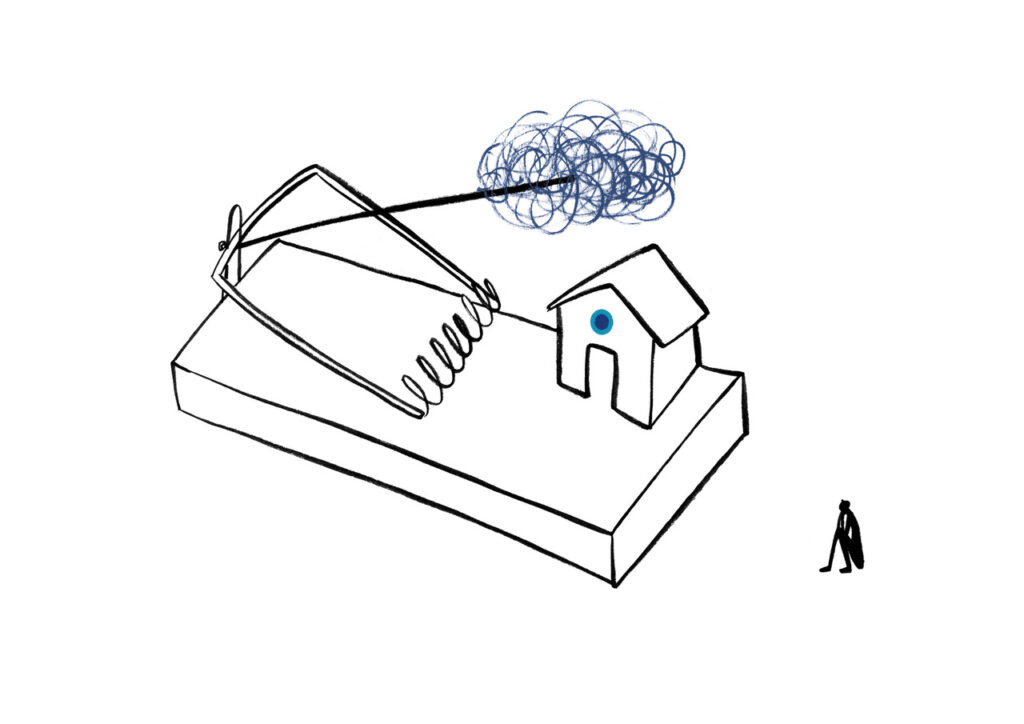
Military Enlistment
States are not allowed to send army recruits under the age of 18 to war, but some countries, including high-income ones, continue to enlist under-18s for military training before they can be deployed, which carries its own risks to children’s rights and welfare. Read more.
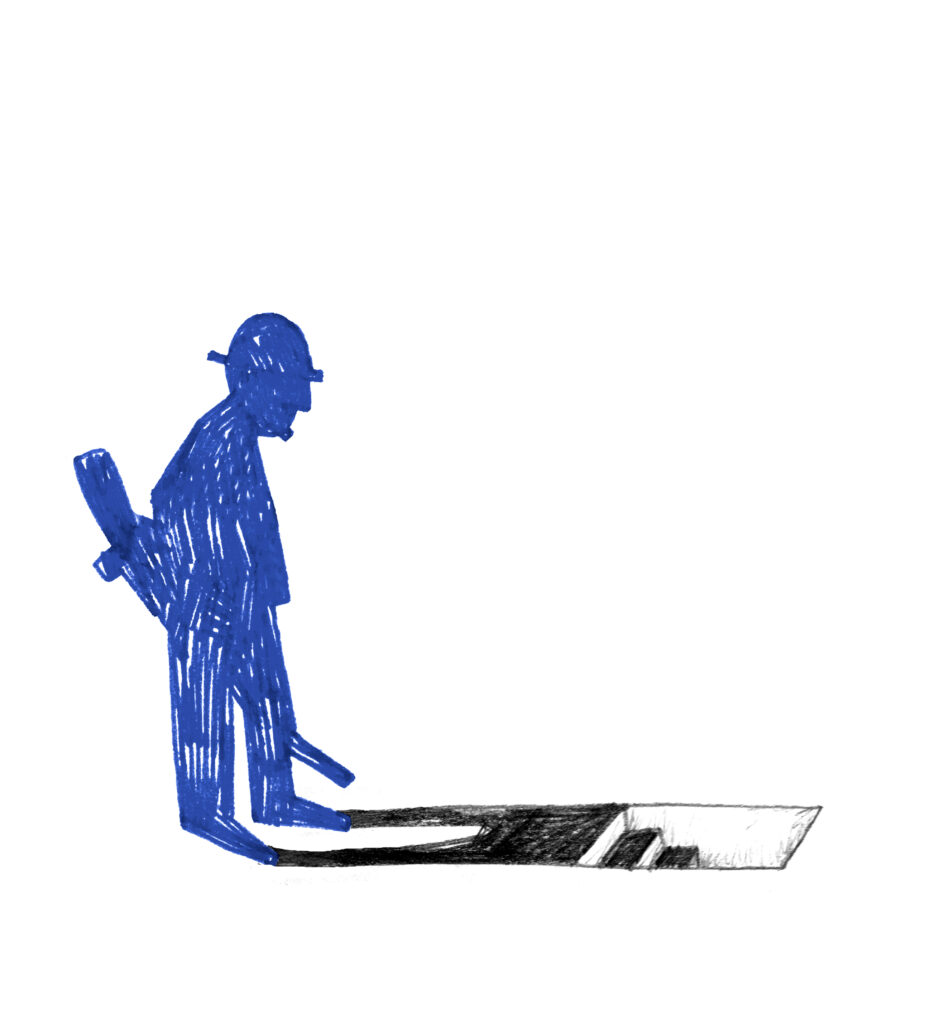
UN Convention on the Rights of the Child
CRIN’s work is grounded in the UN Convention on the Rights of the Child (CRC), the first legal document recognising – and demanding recognition of – the rights and freedoms of under-18s as human beings with human rights.
In the face of new and ongoing issues faced by children and youth, we have a responsibility not only to keep re-reading their human rights under the CRC, but also to re-present them. This page does exactly that by illustrating the CRC’s 41 articles.
Read the CRC commented here.
